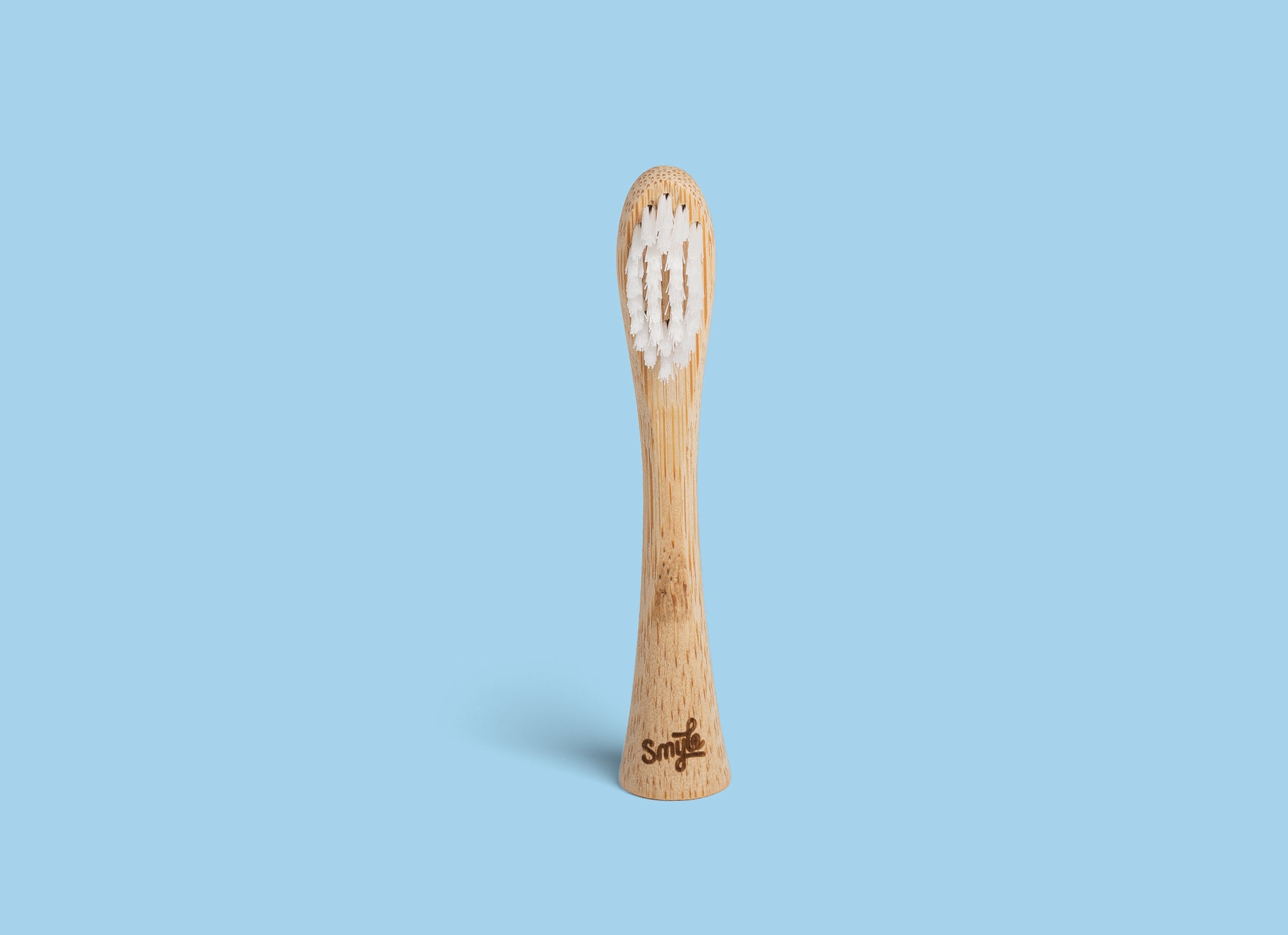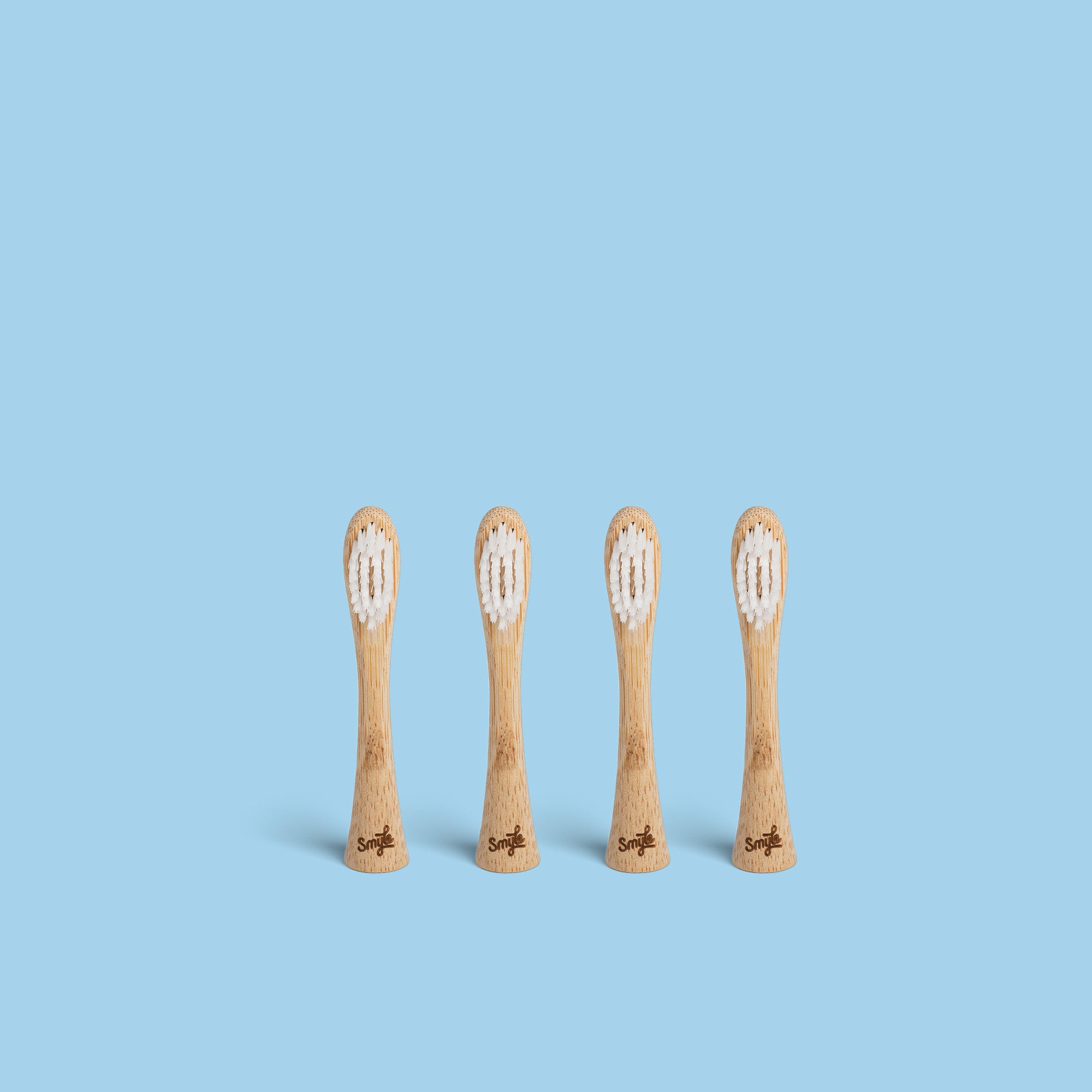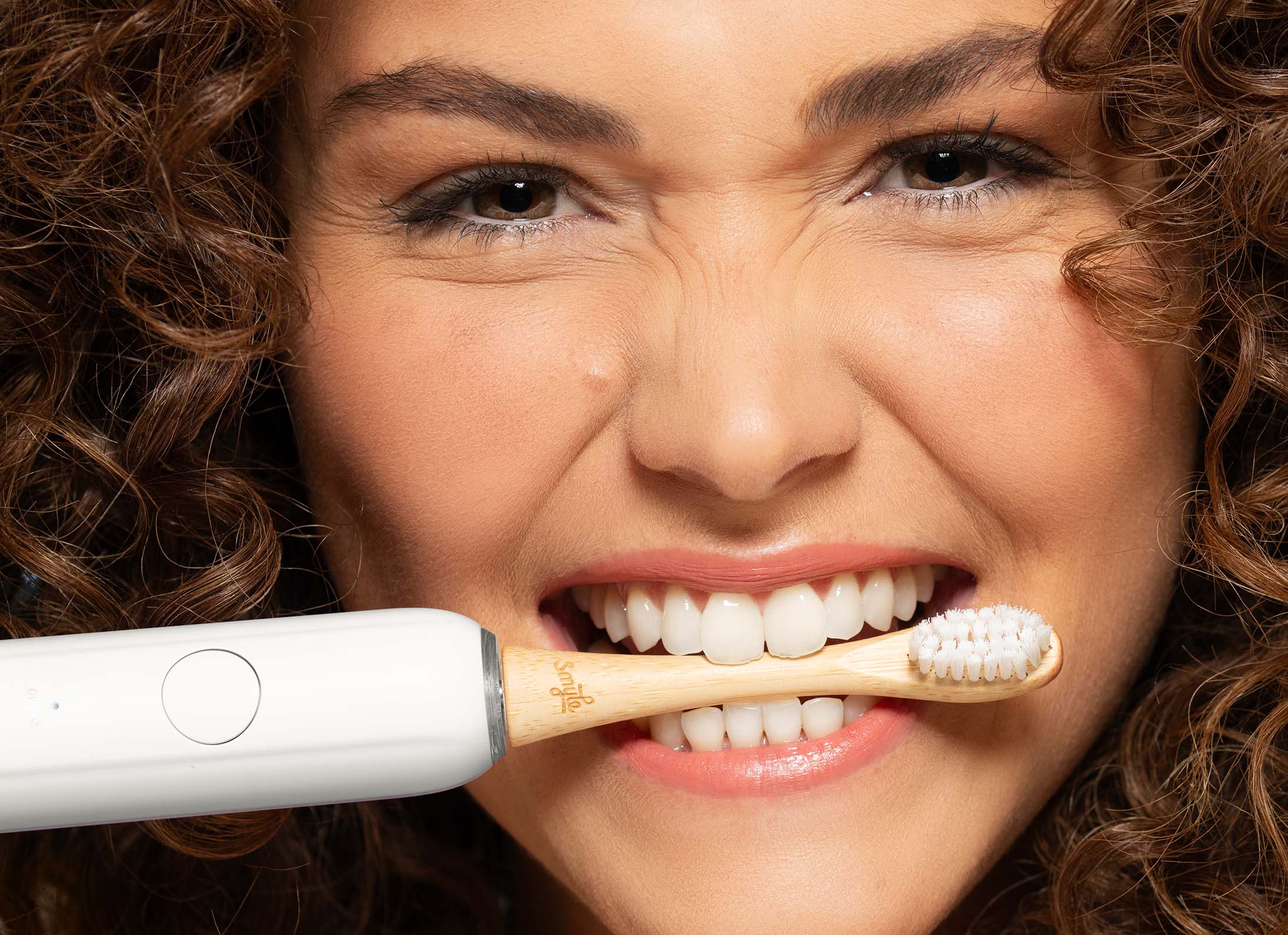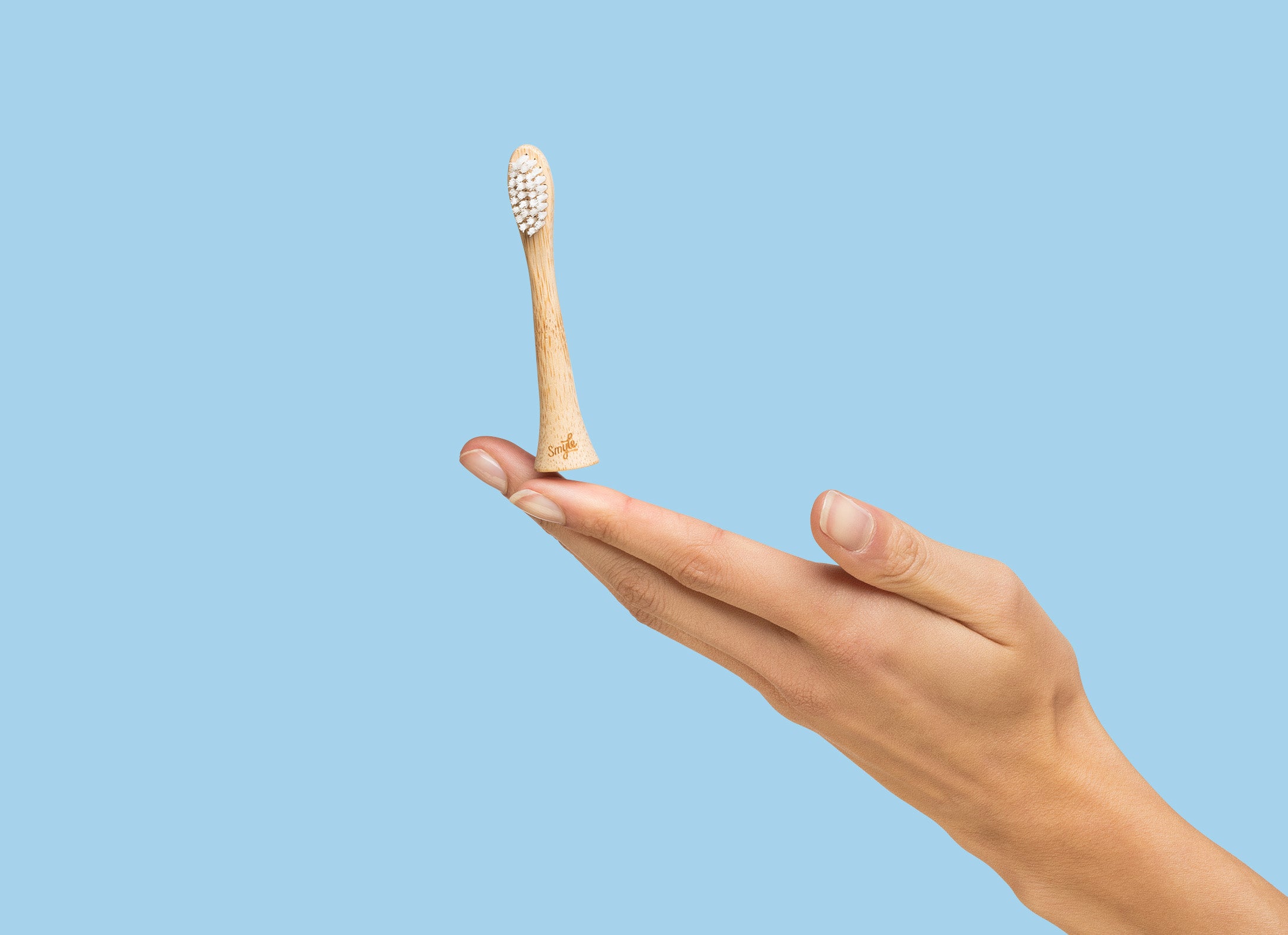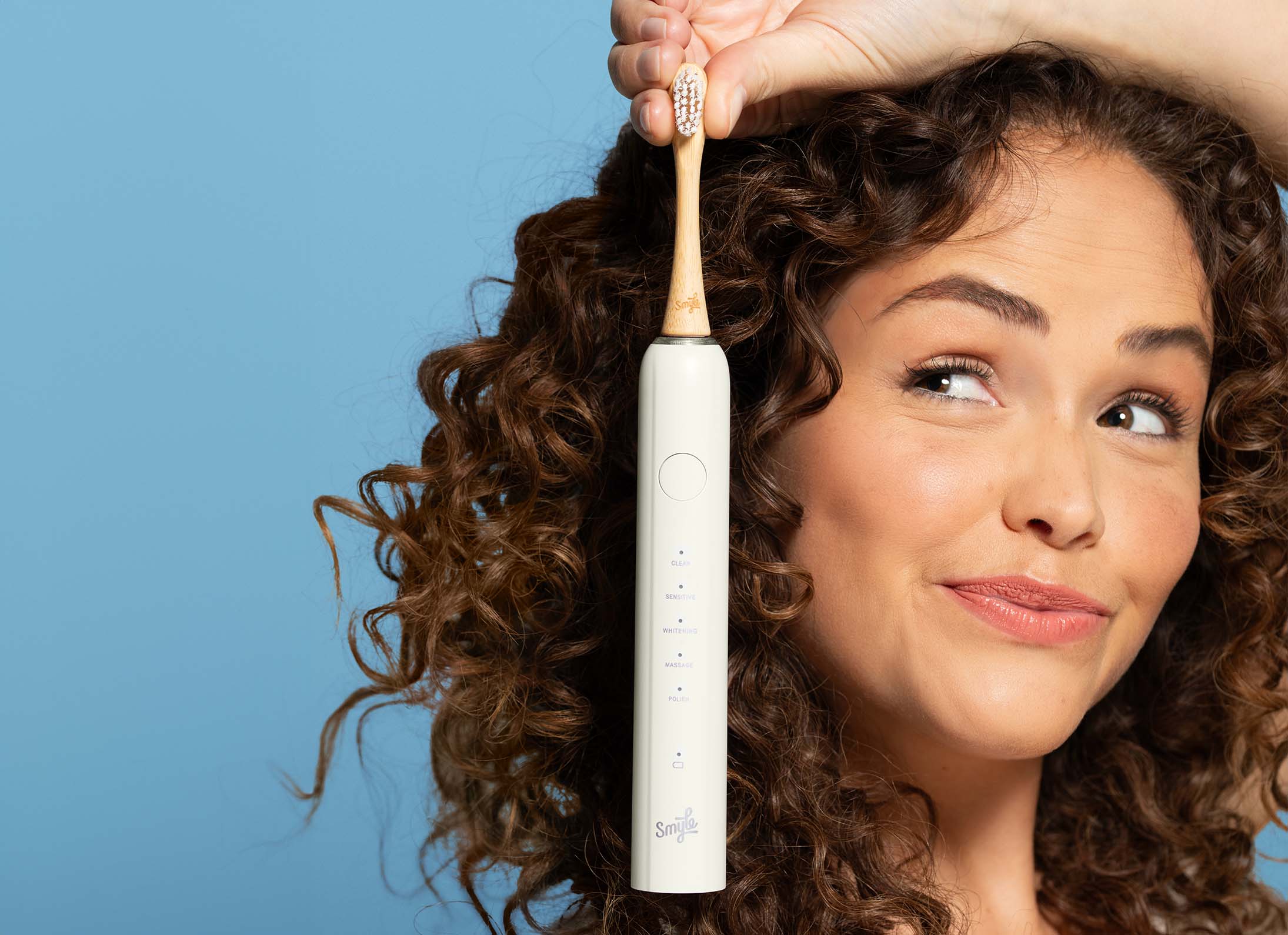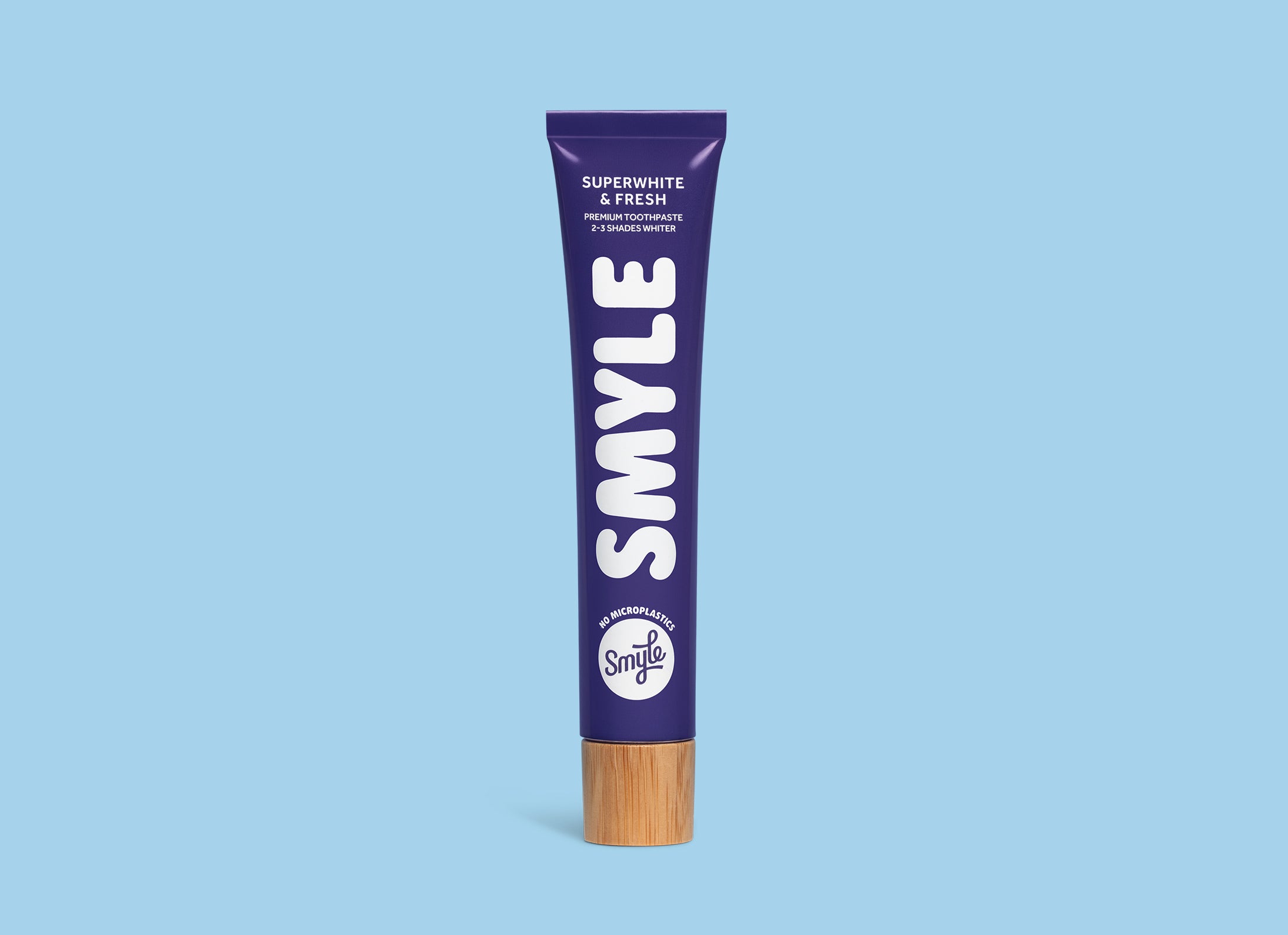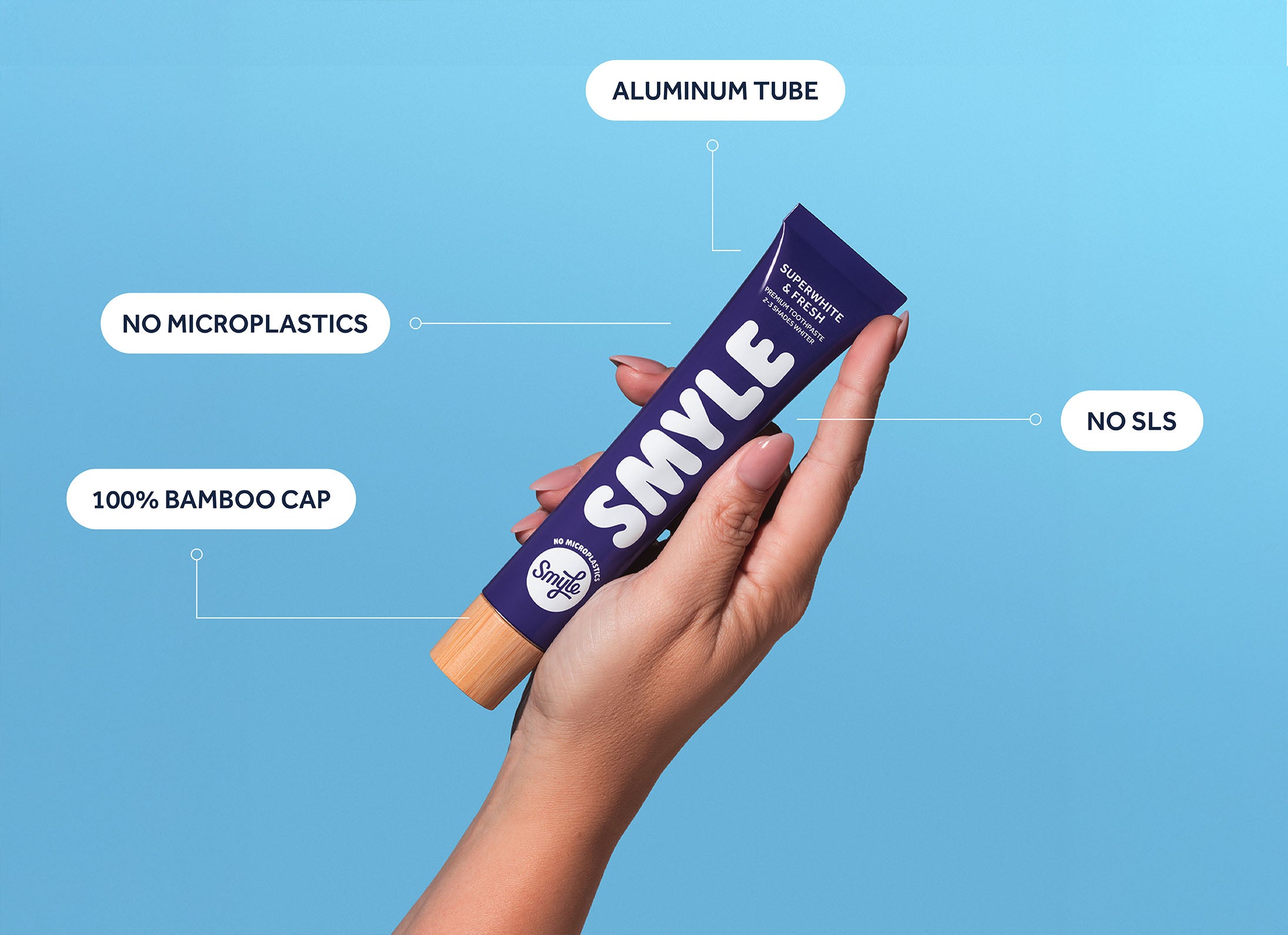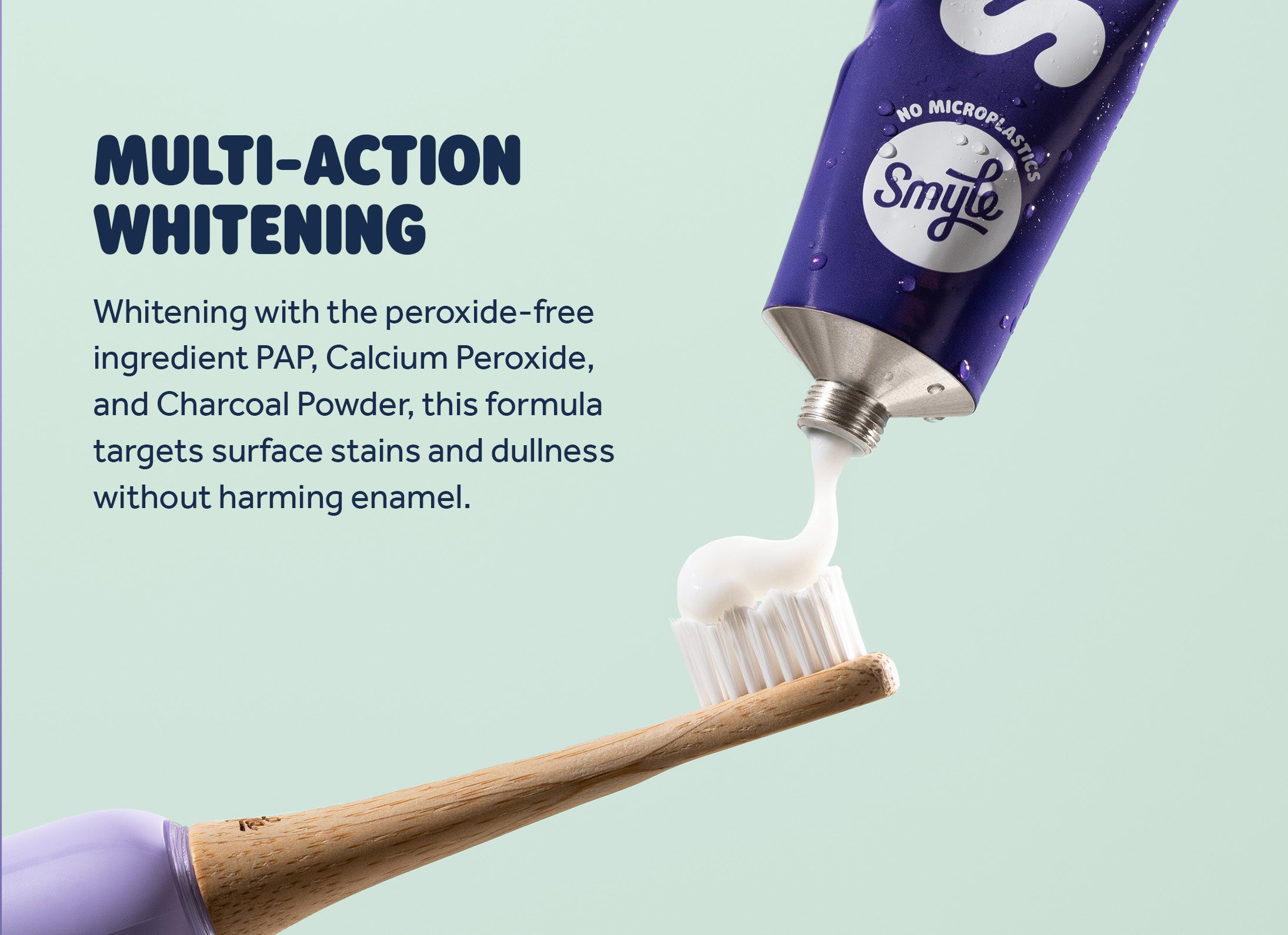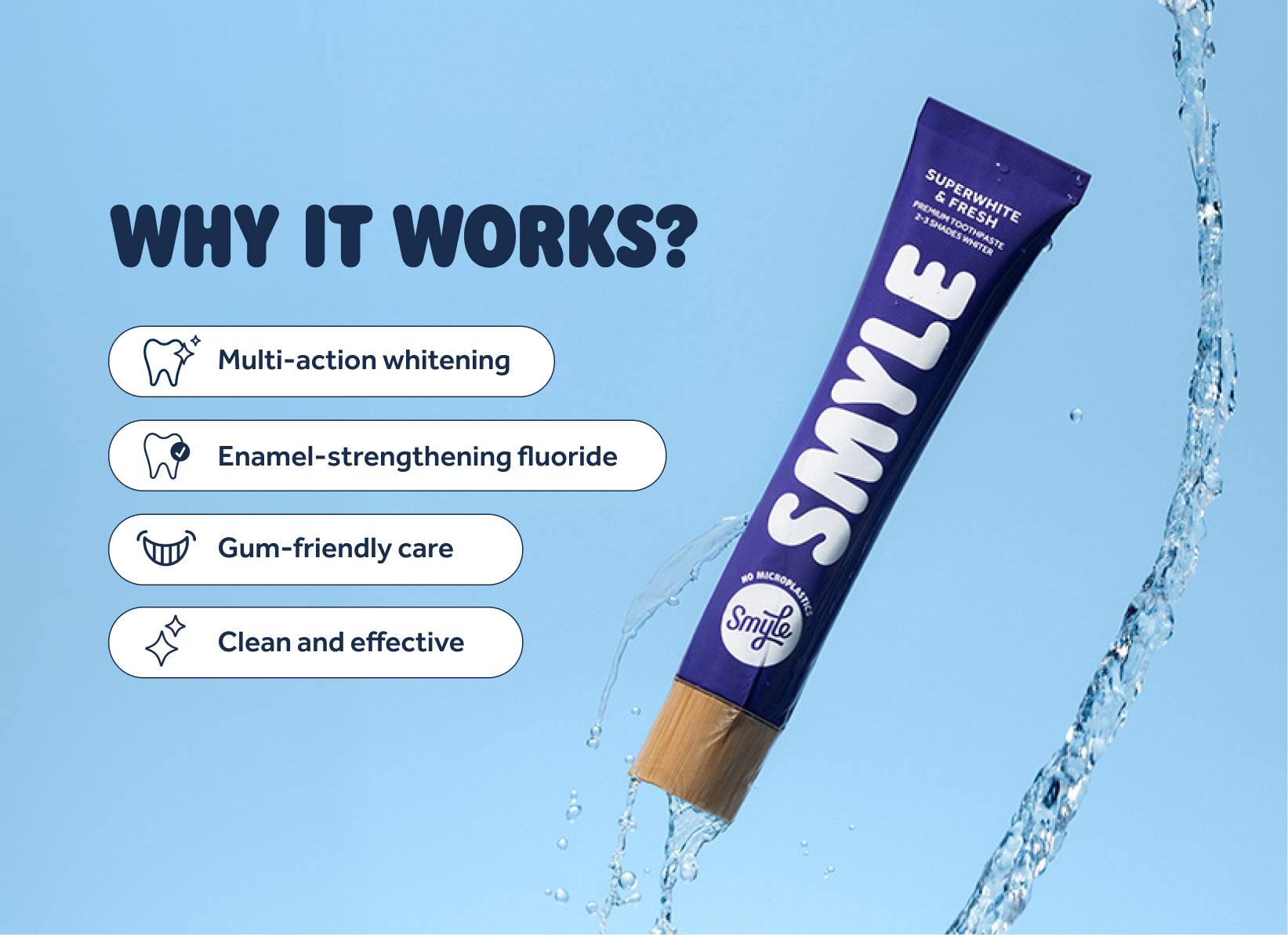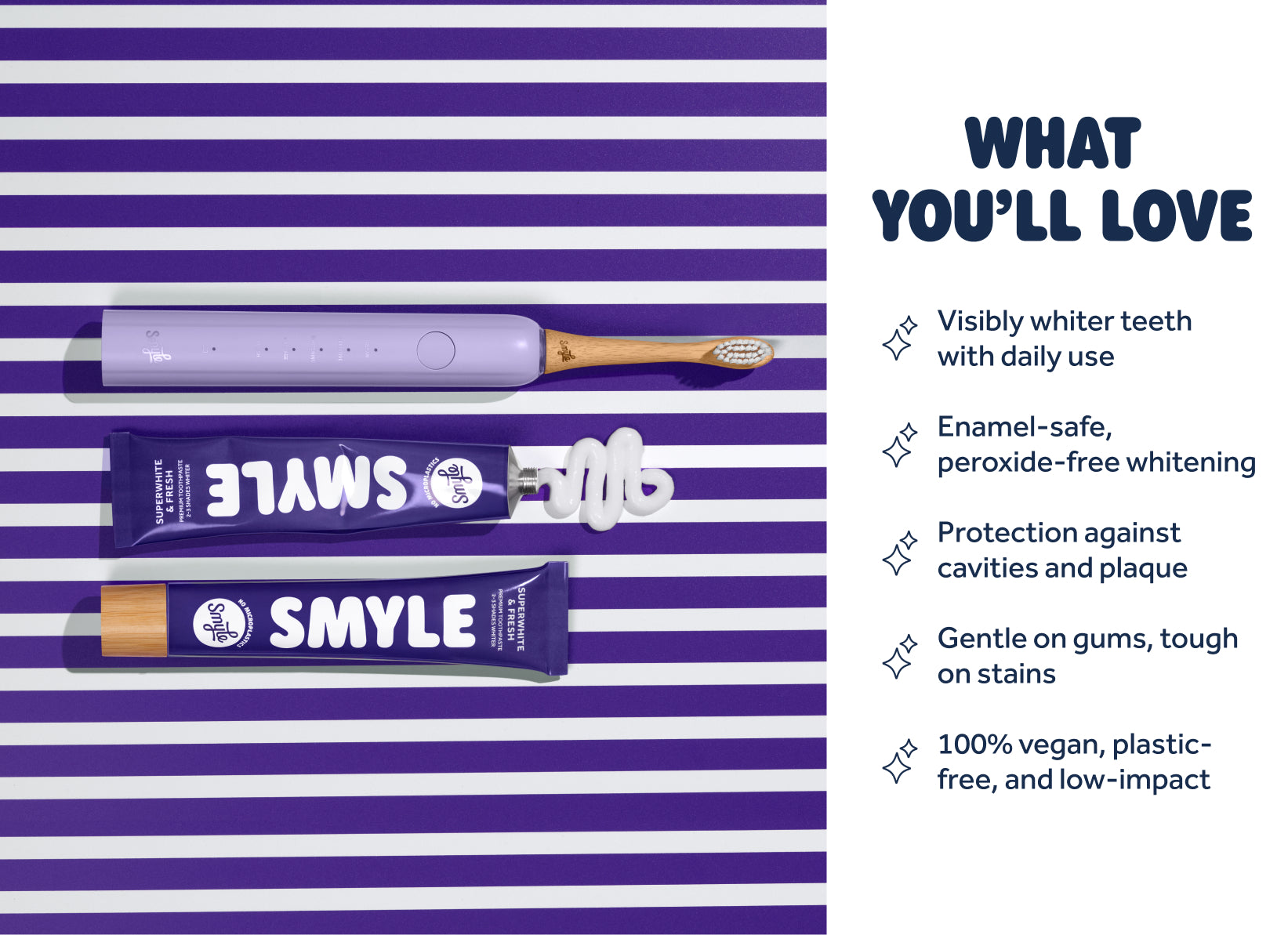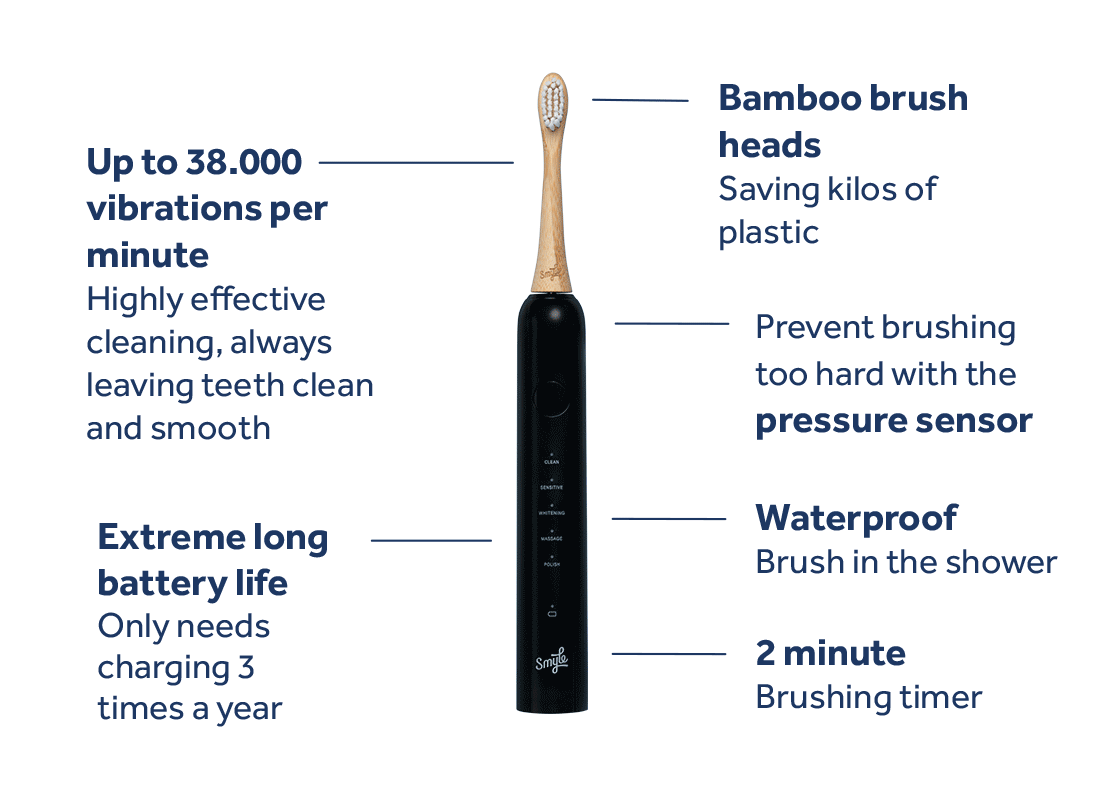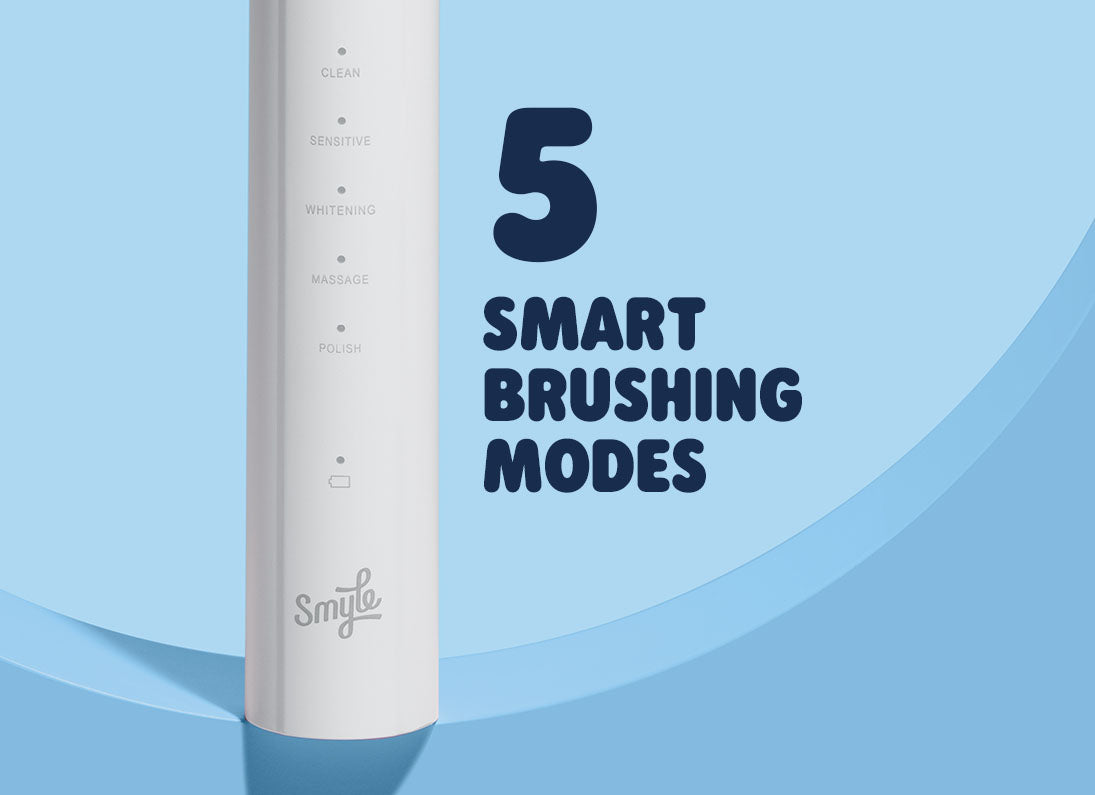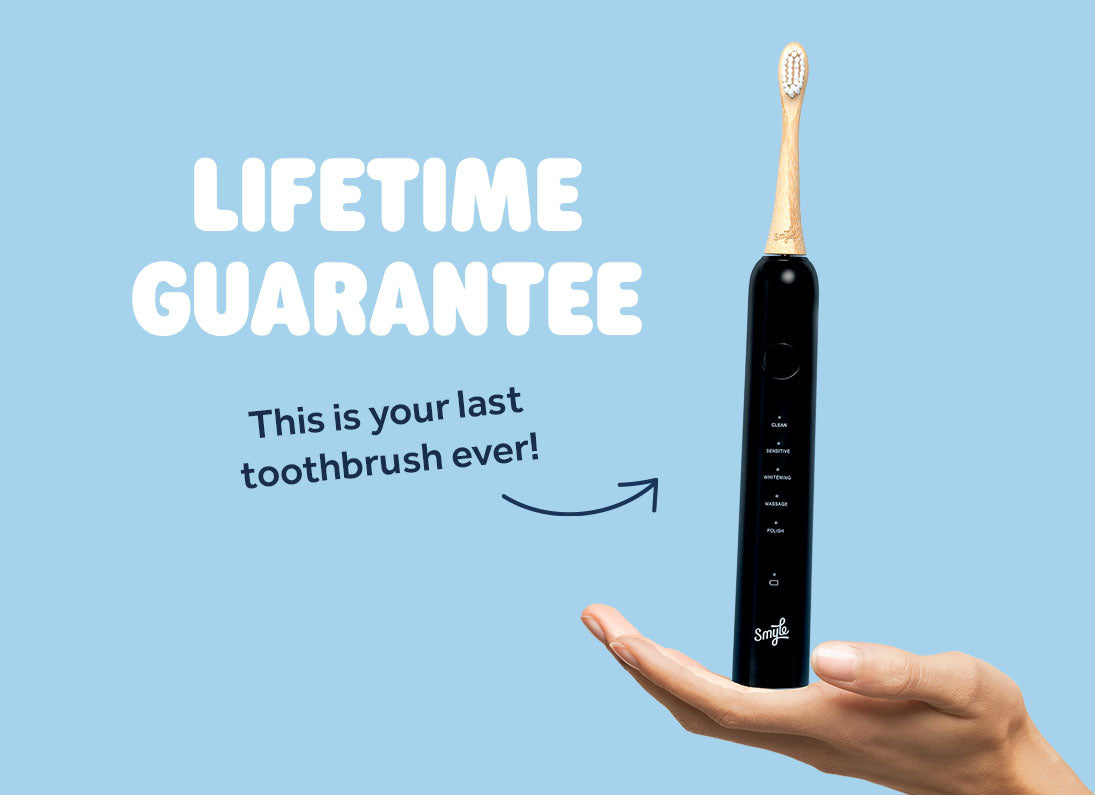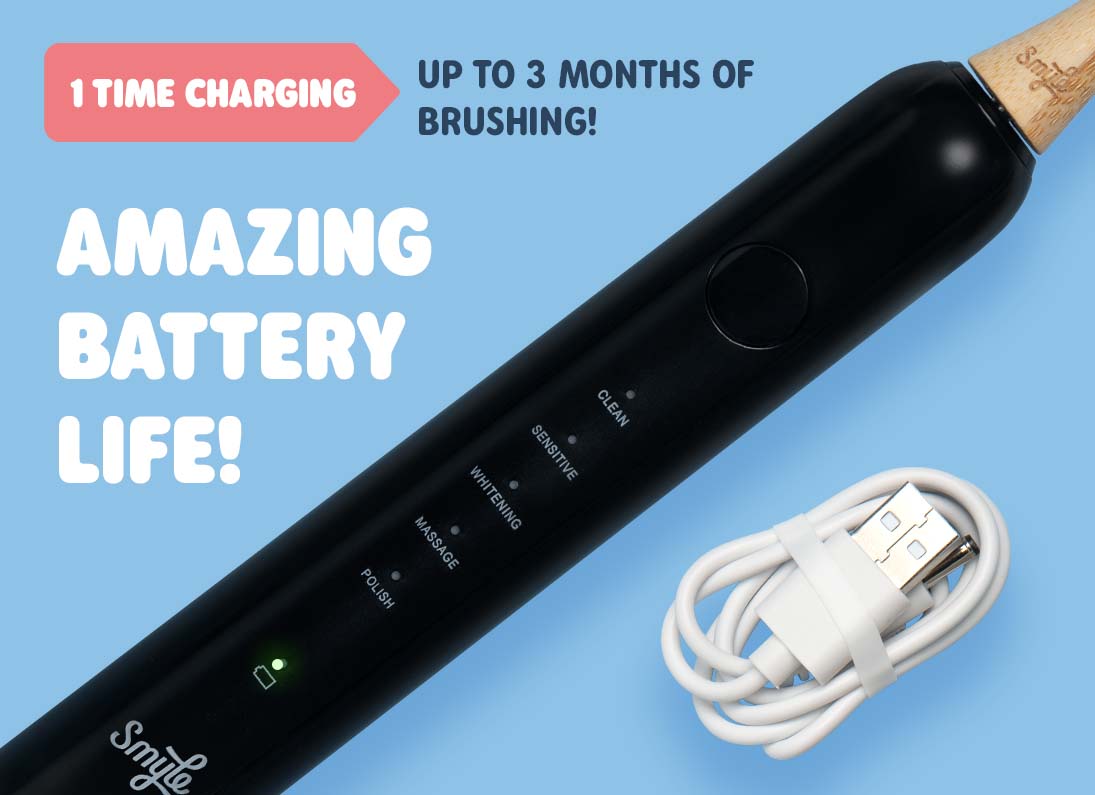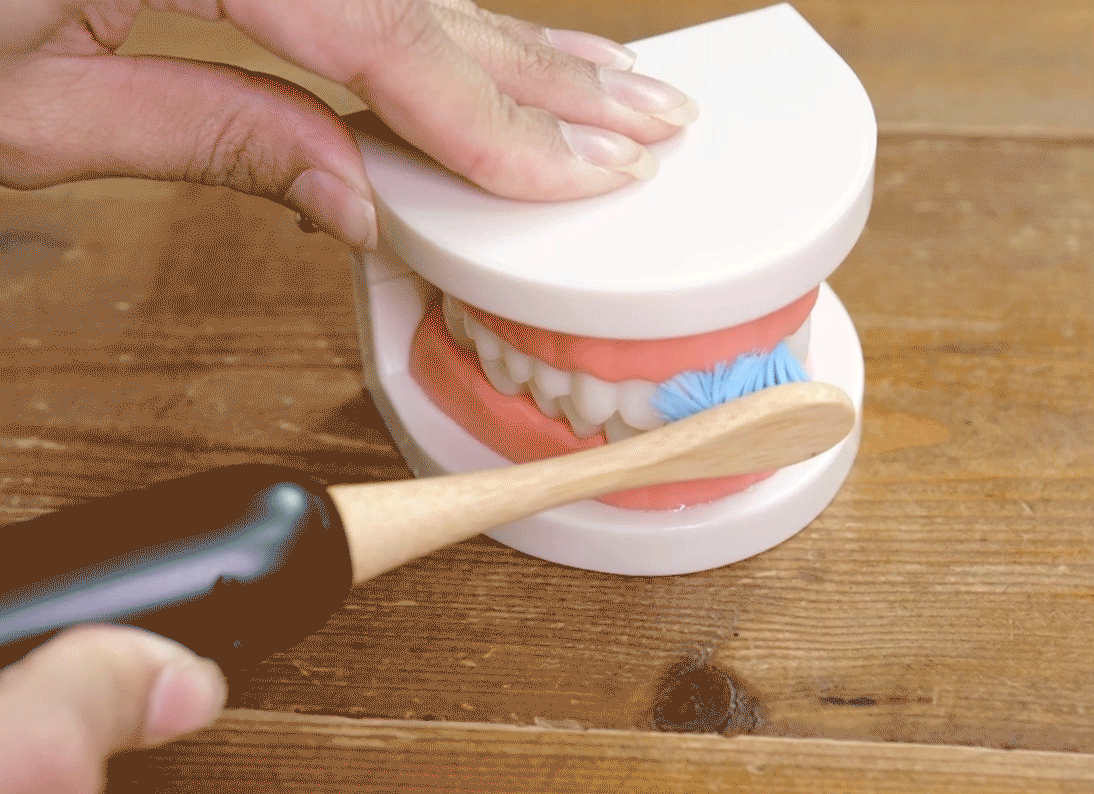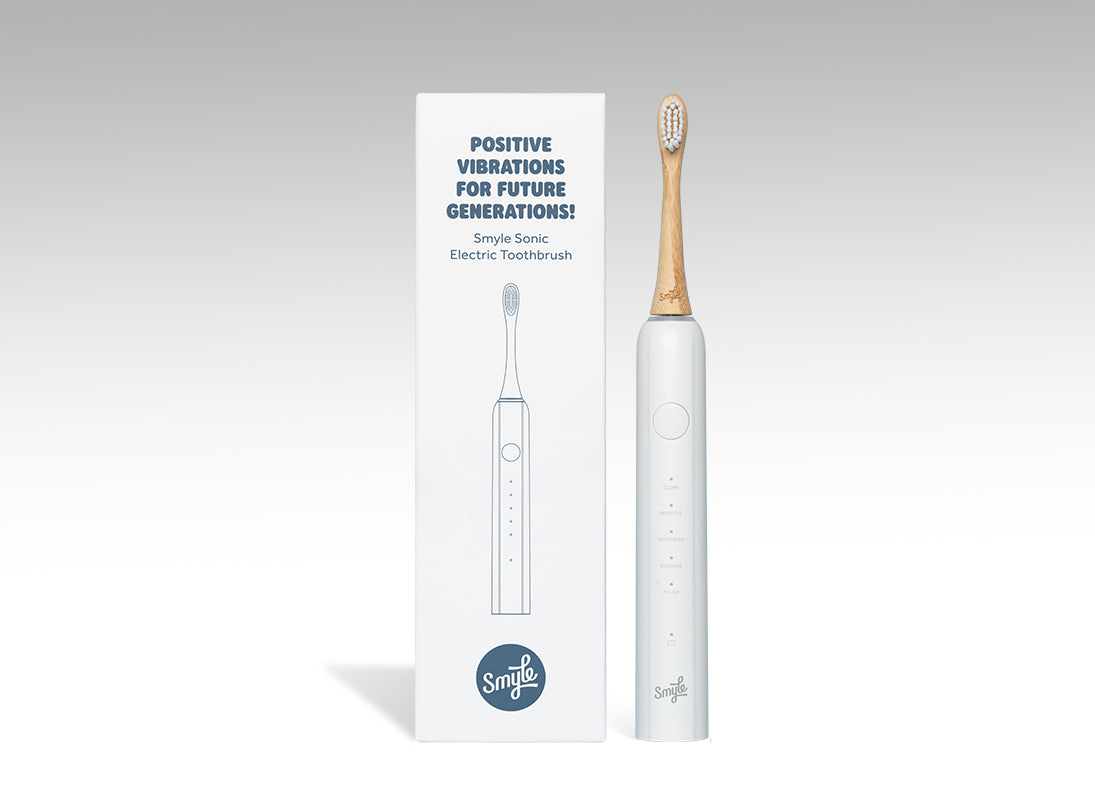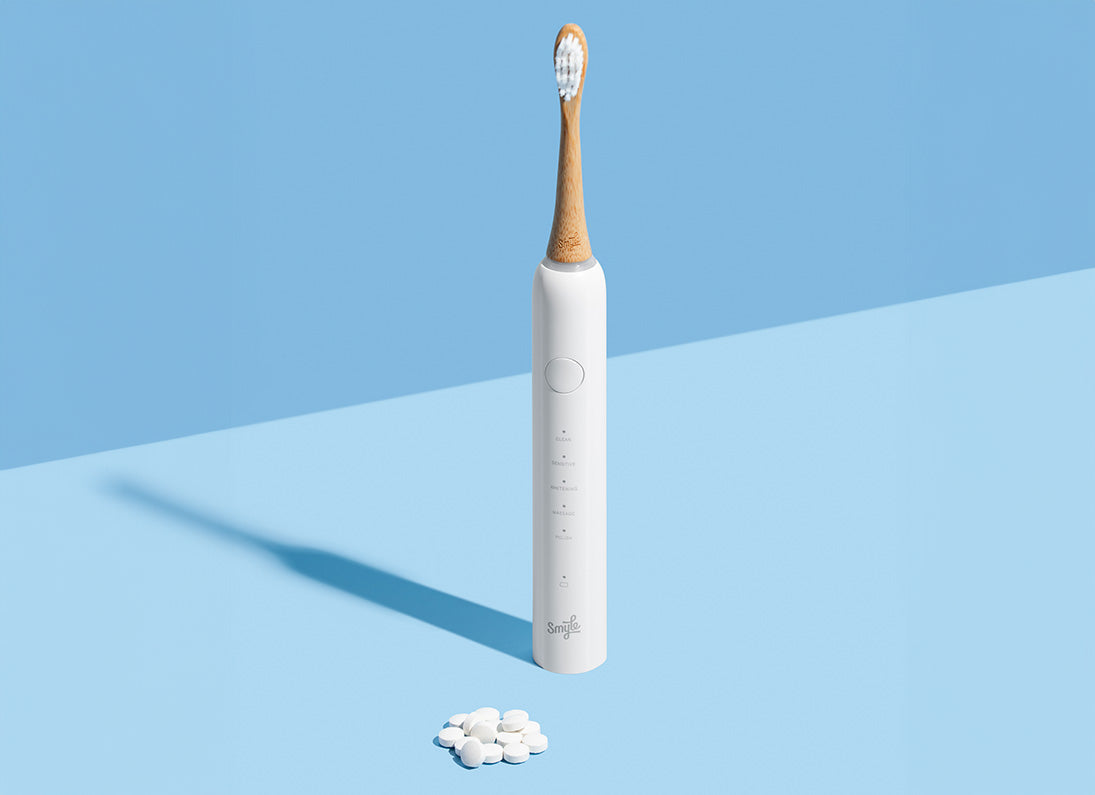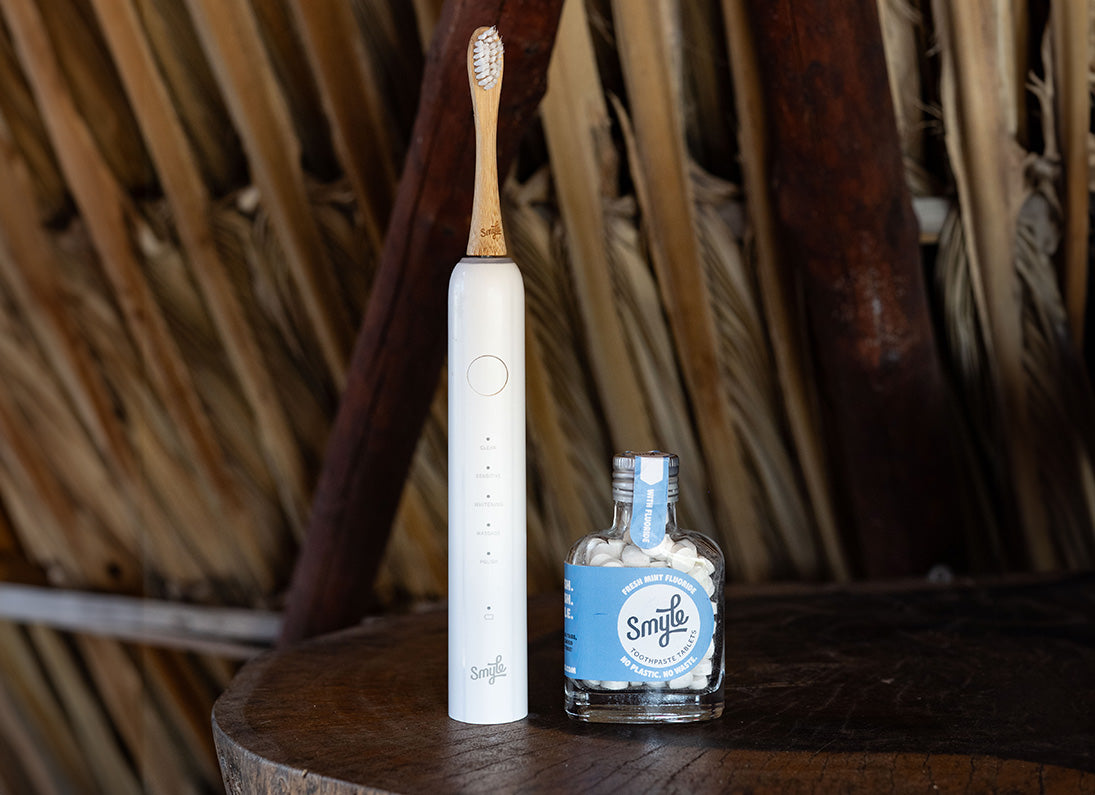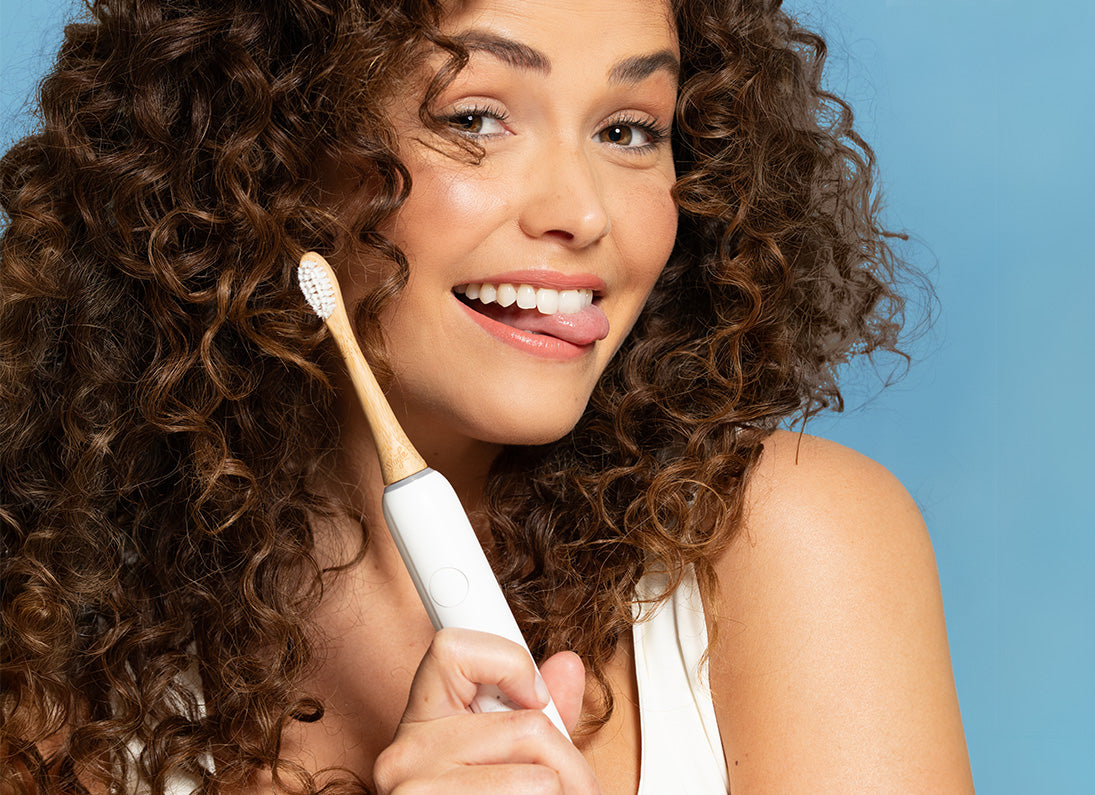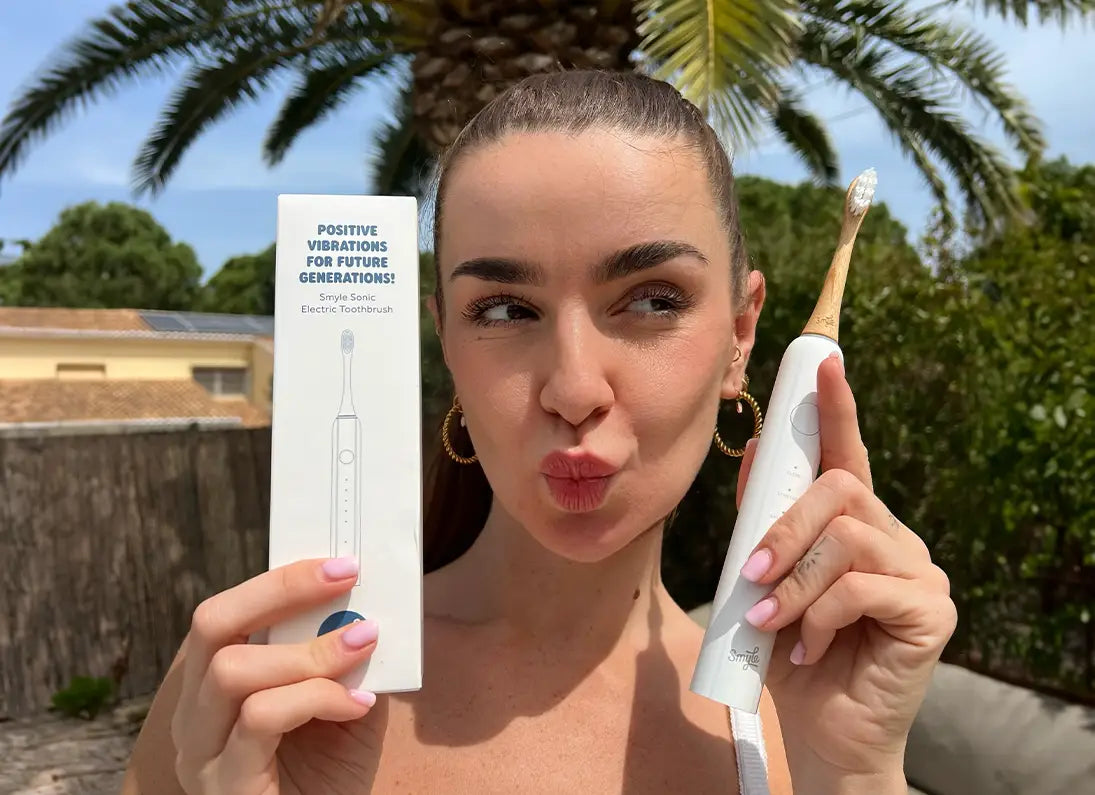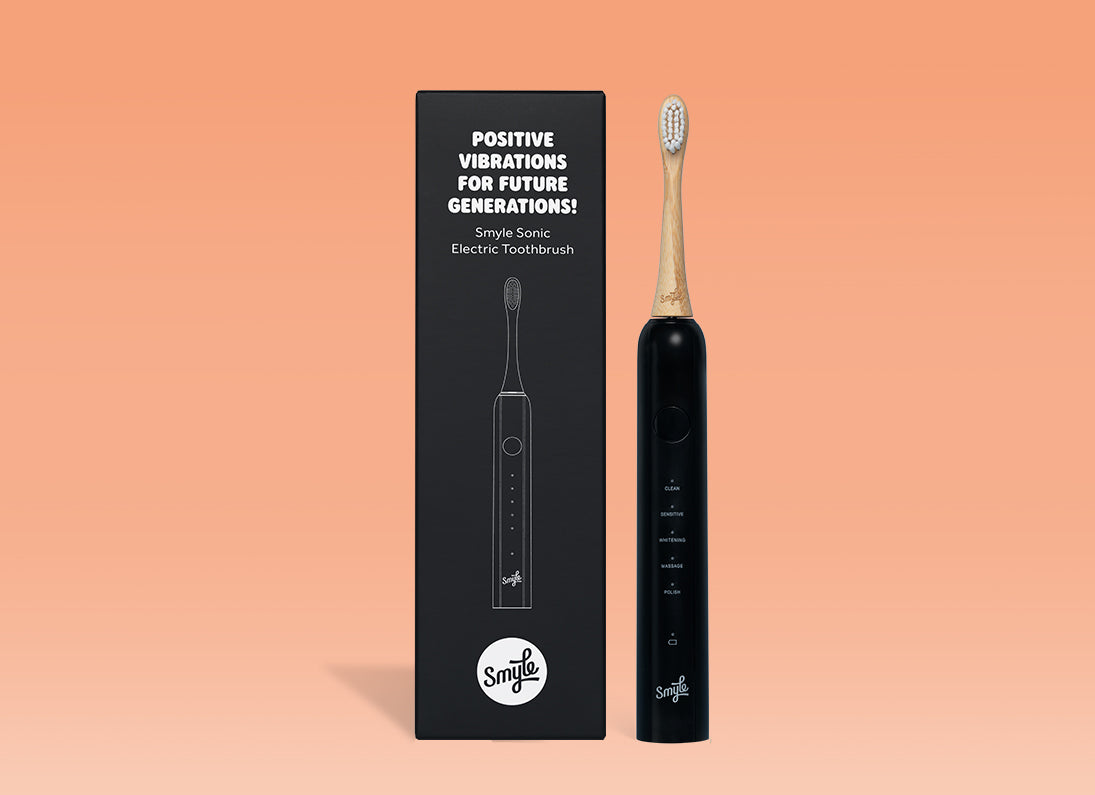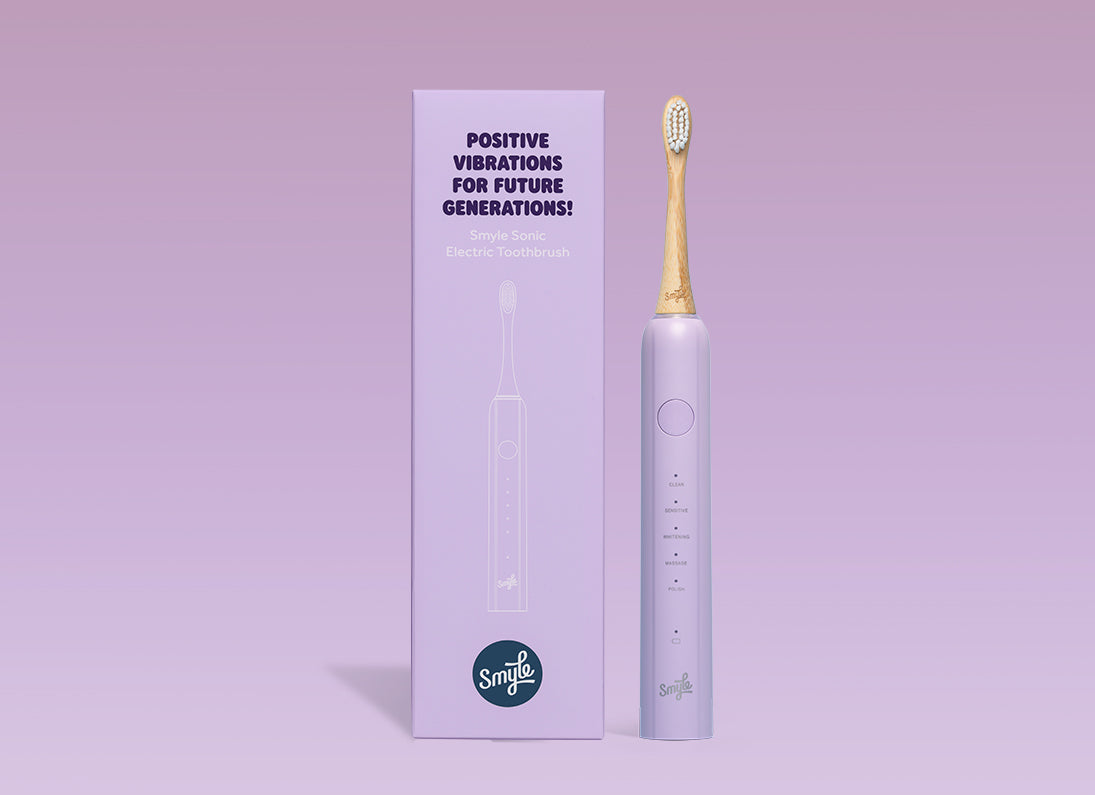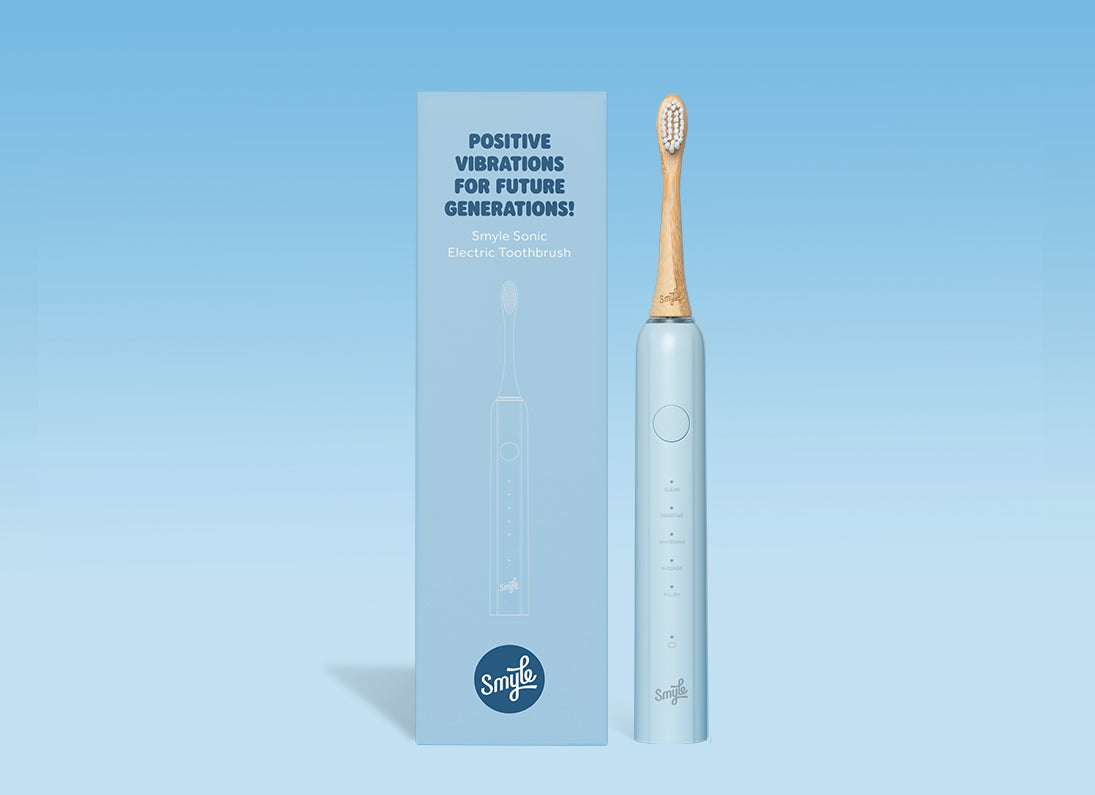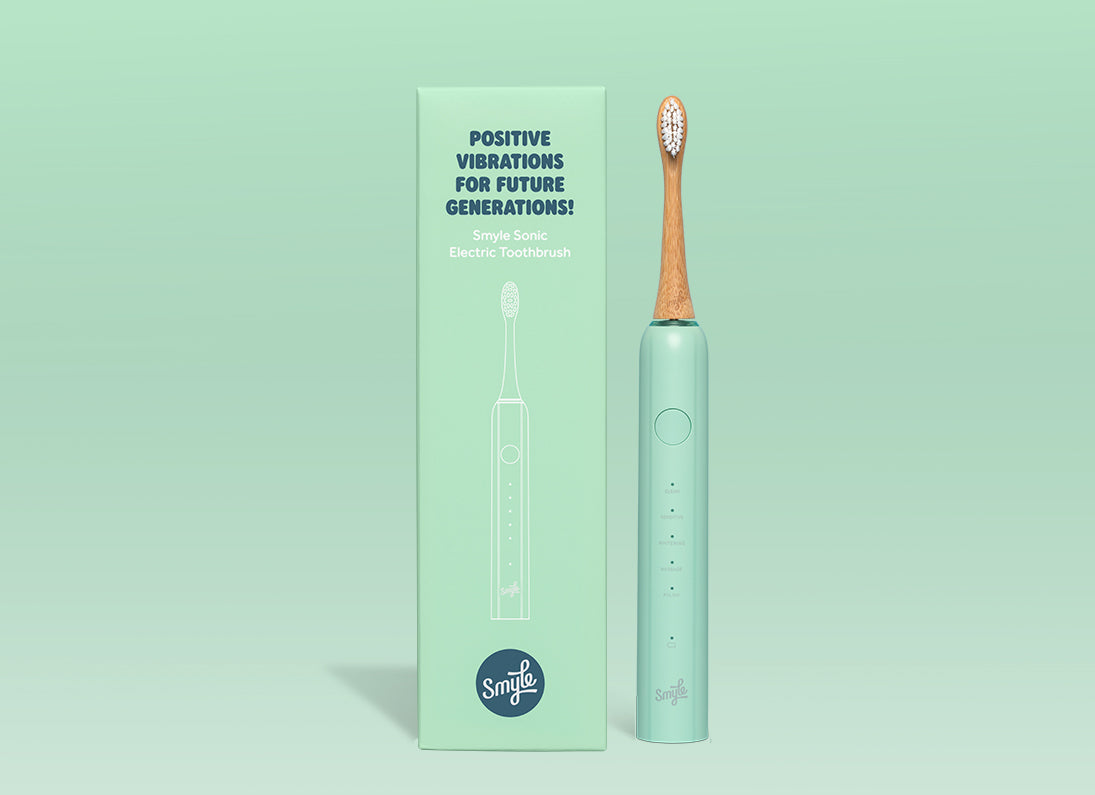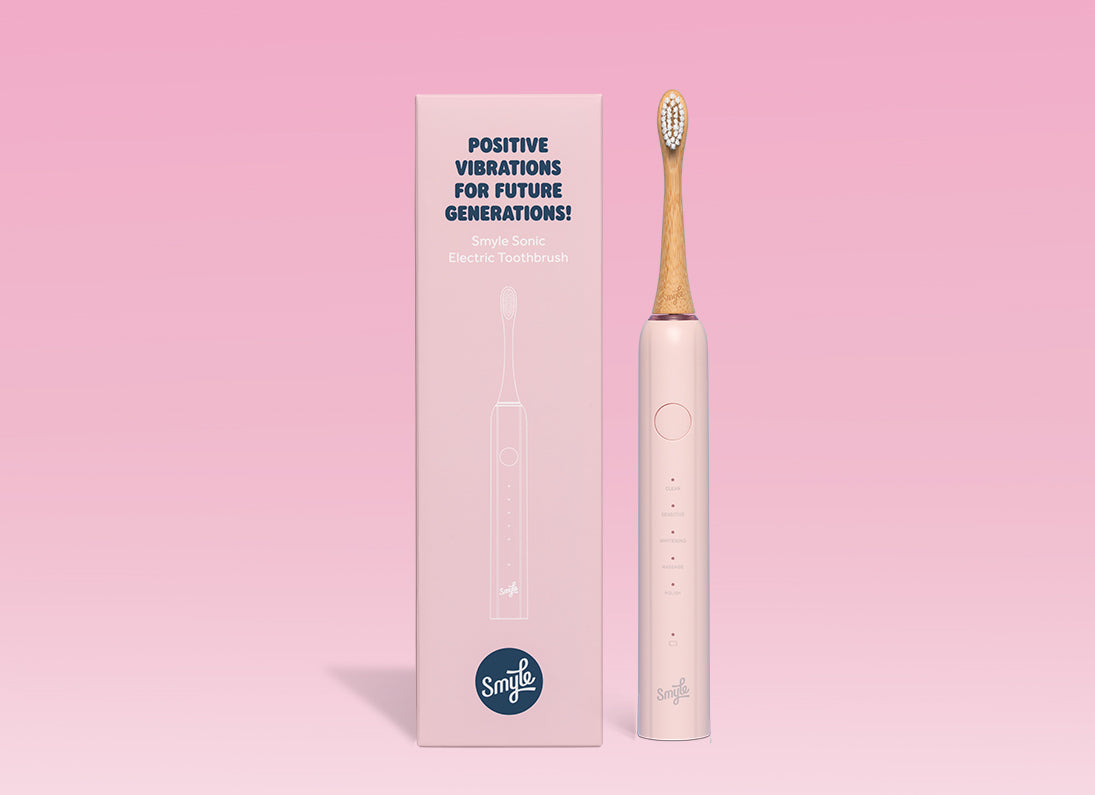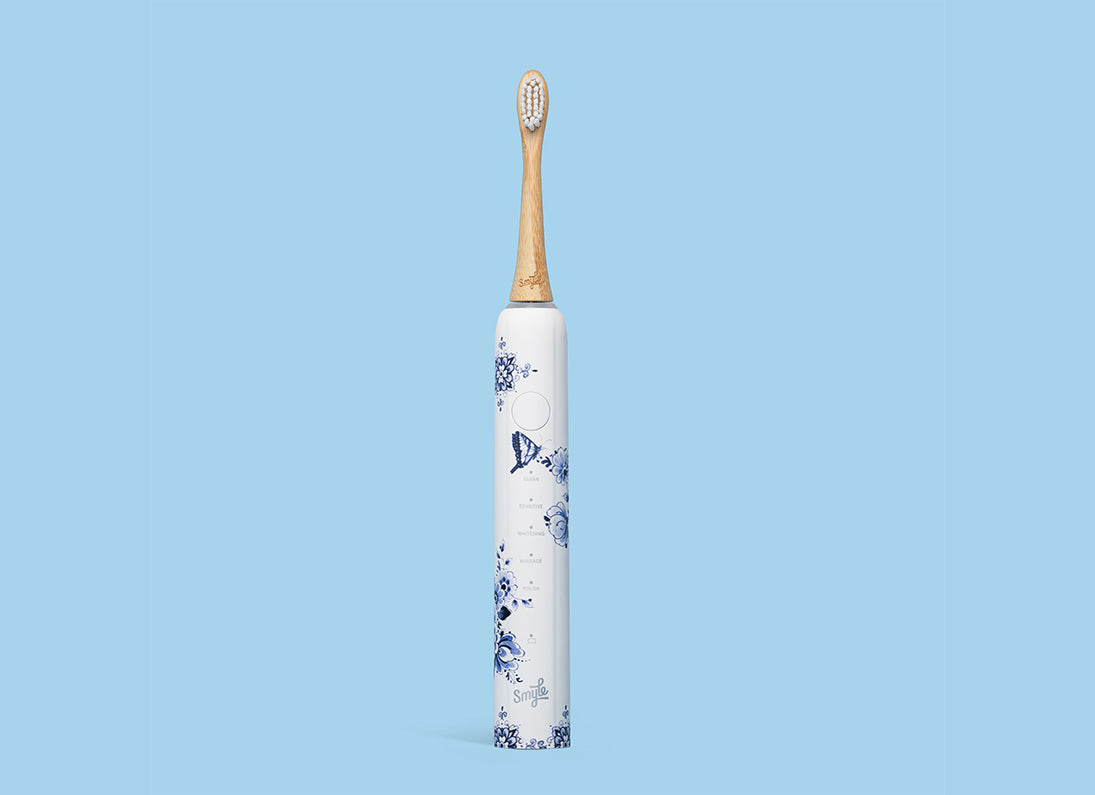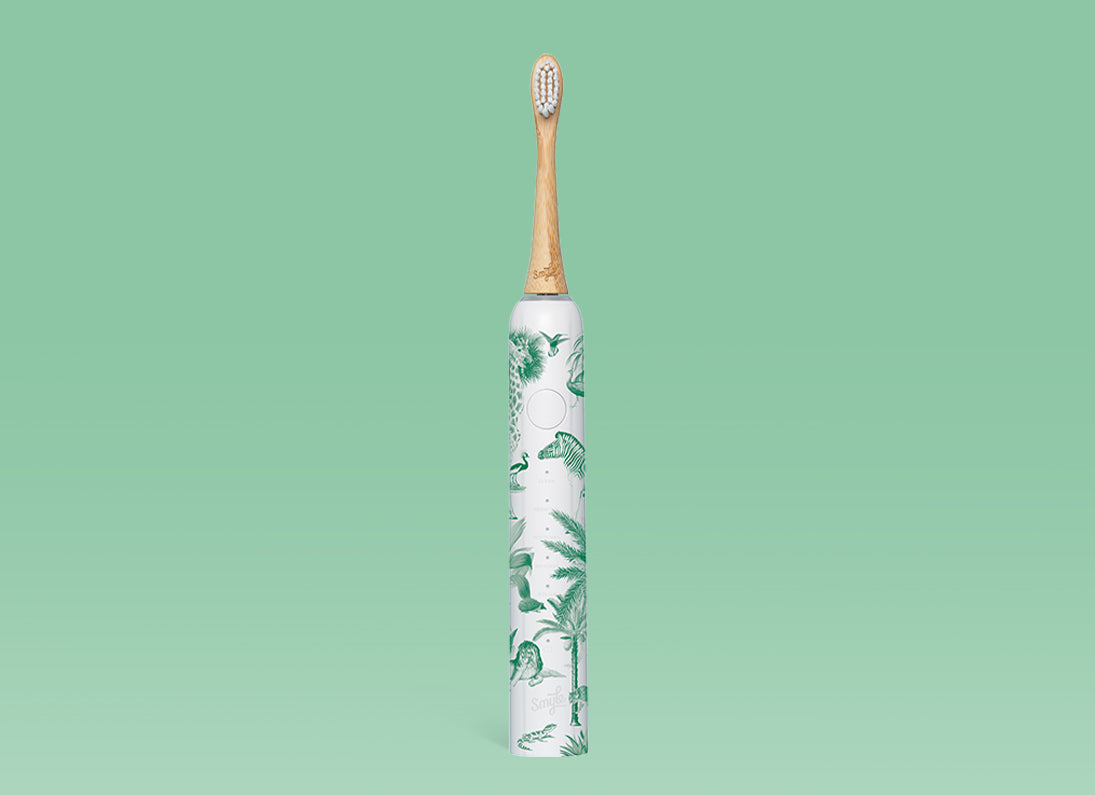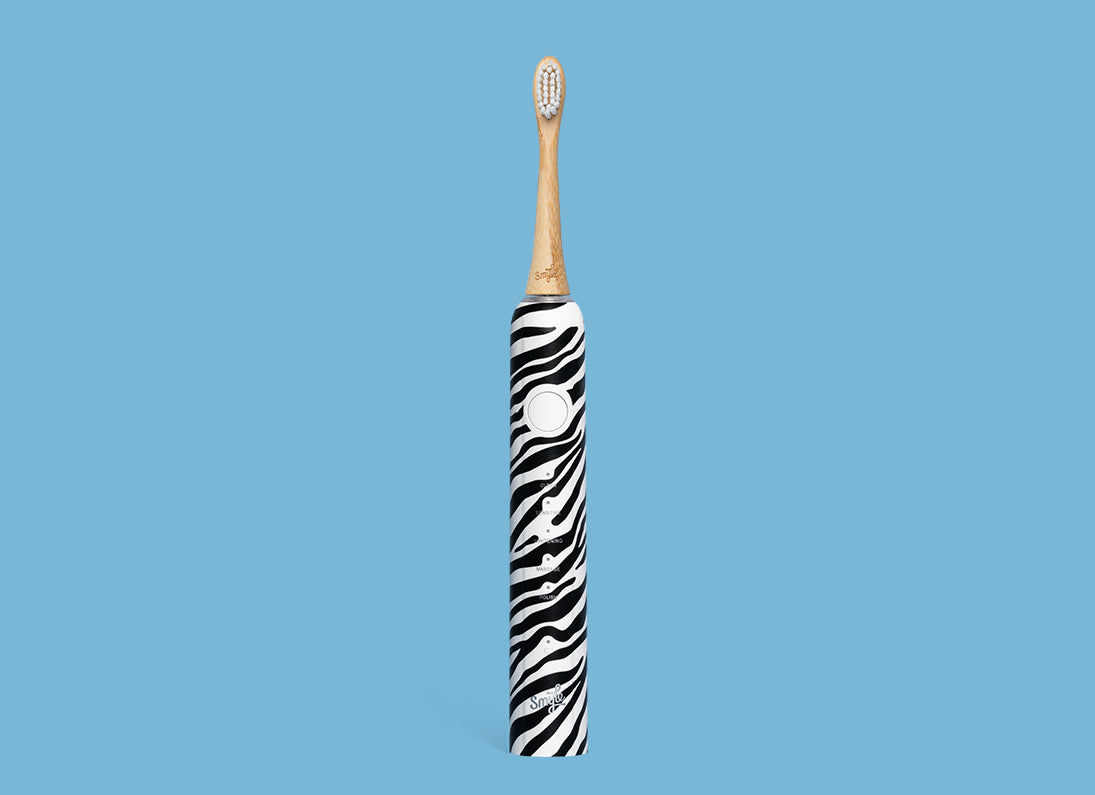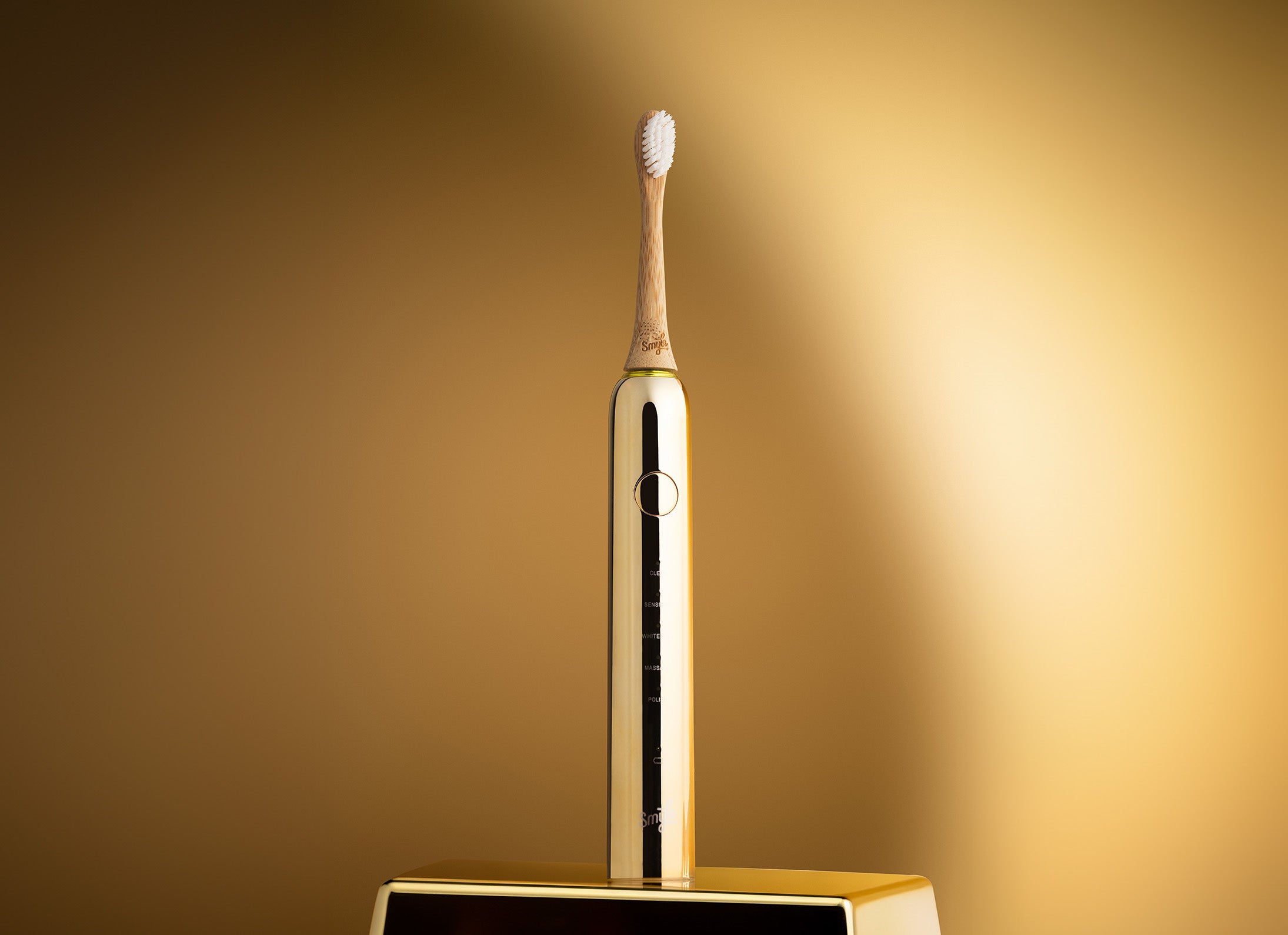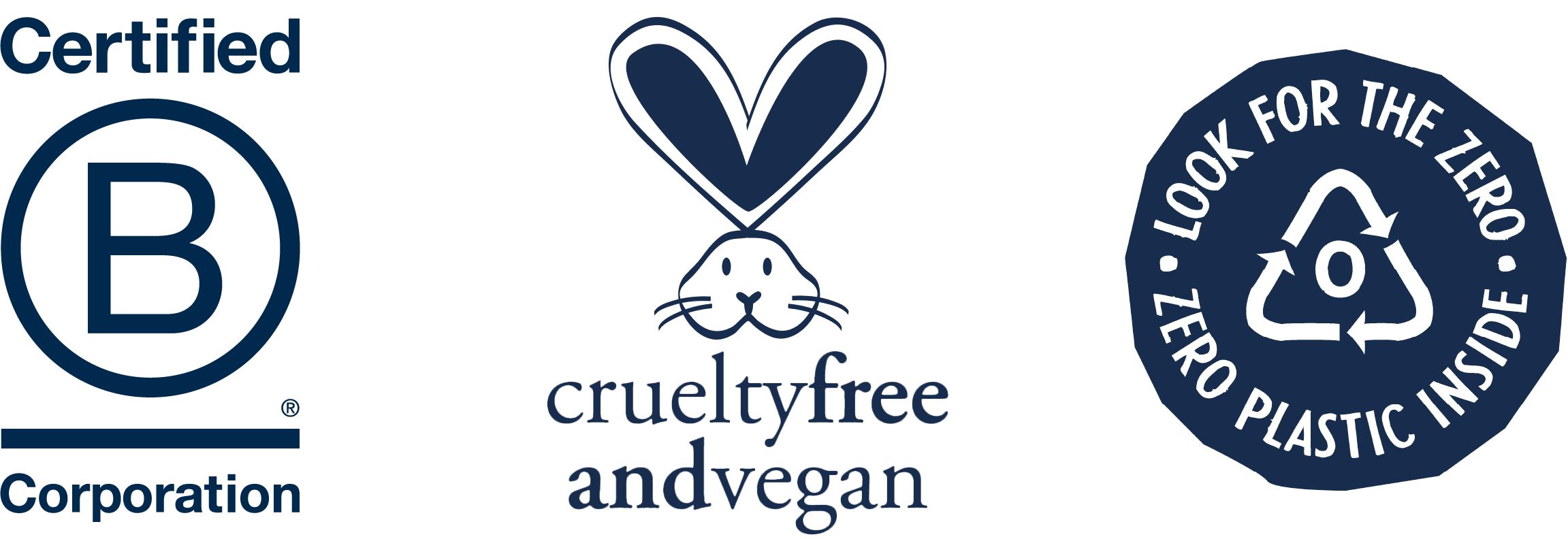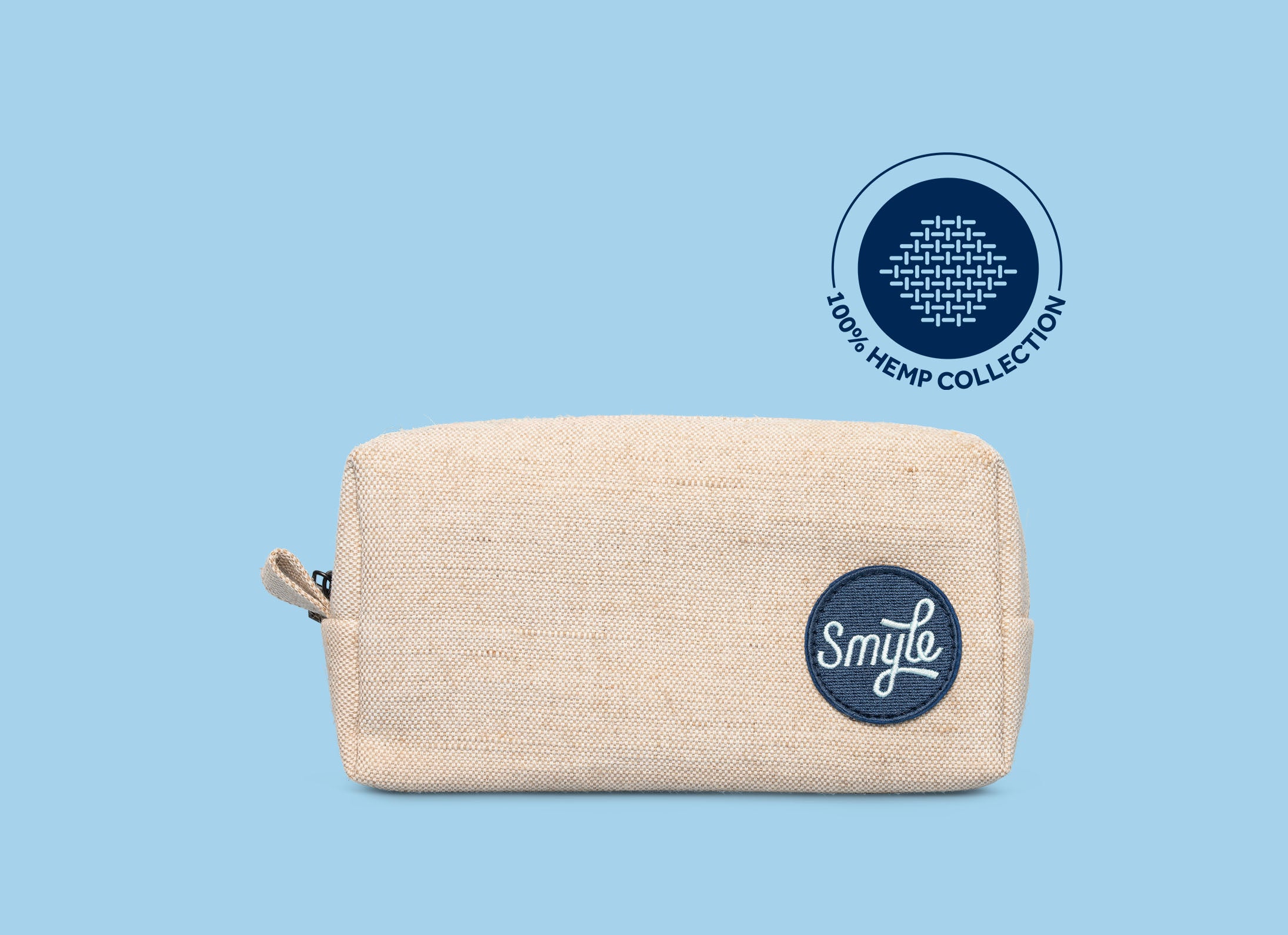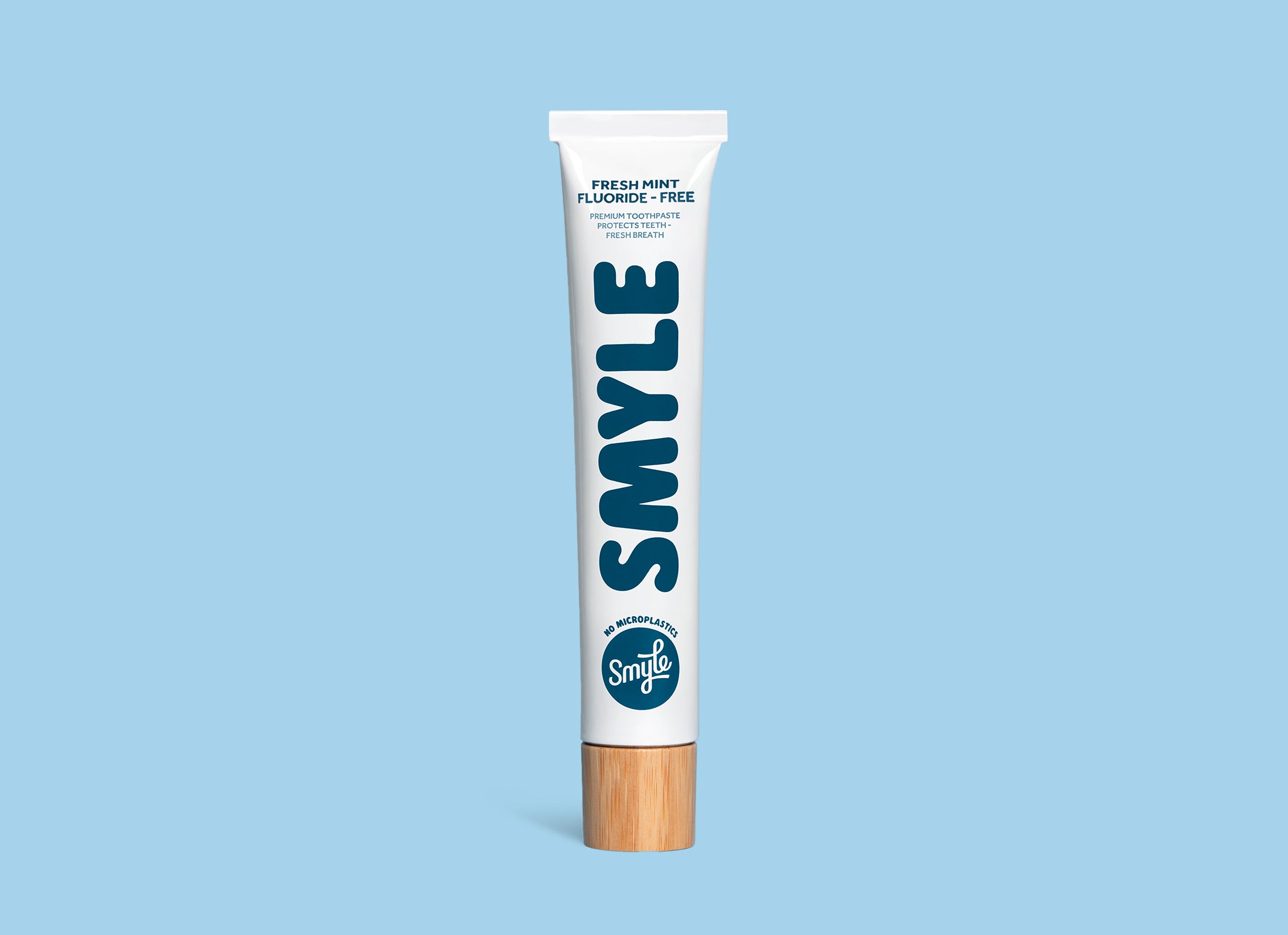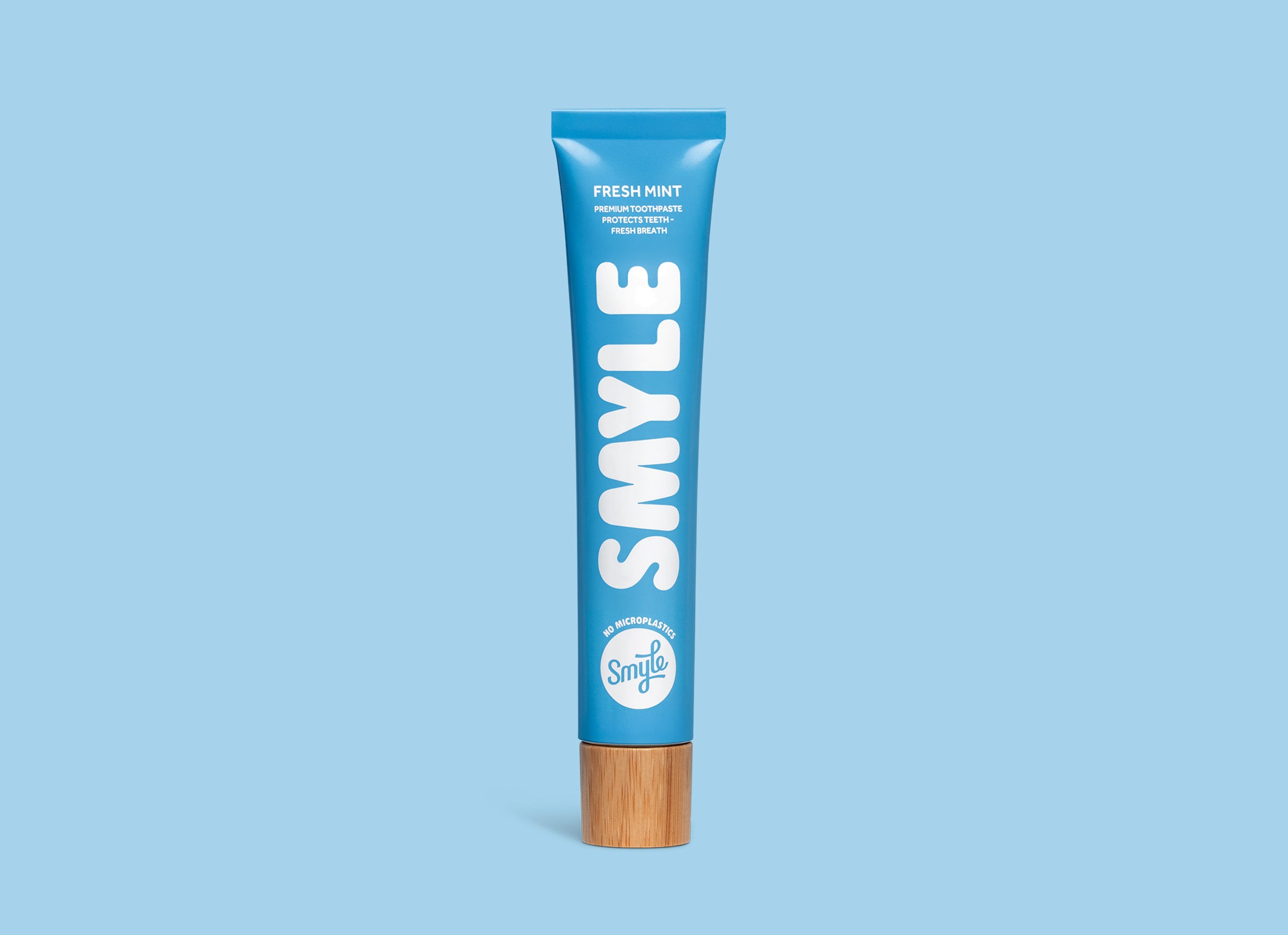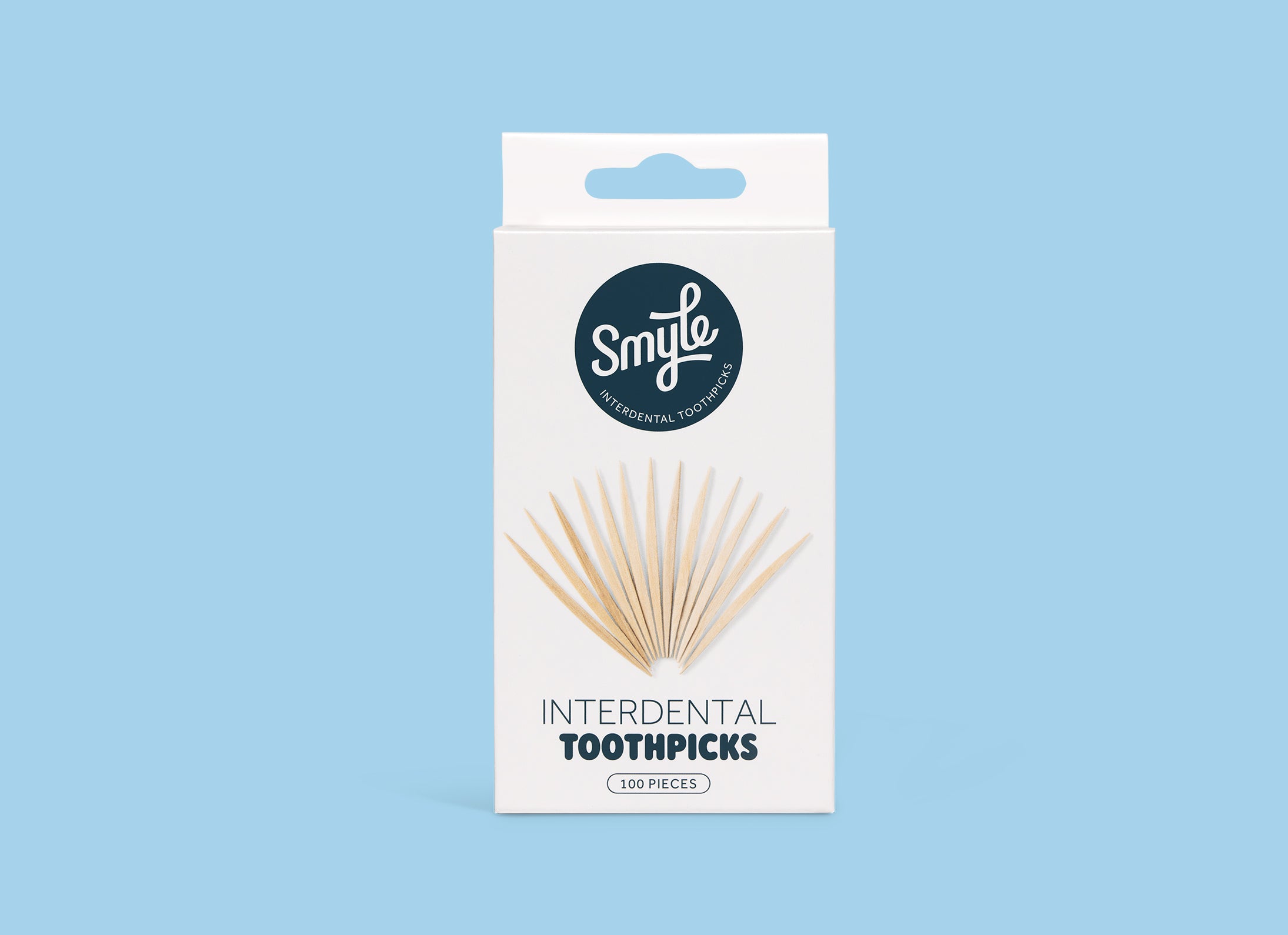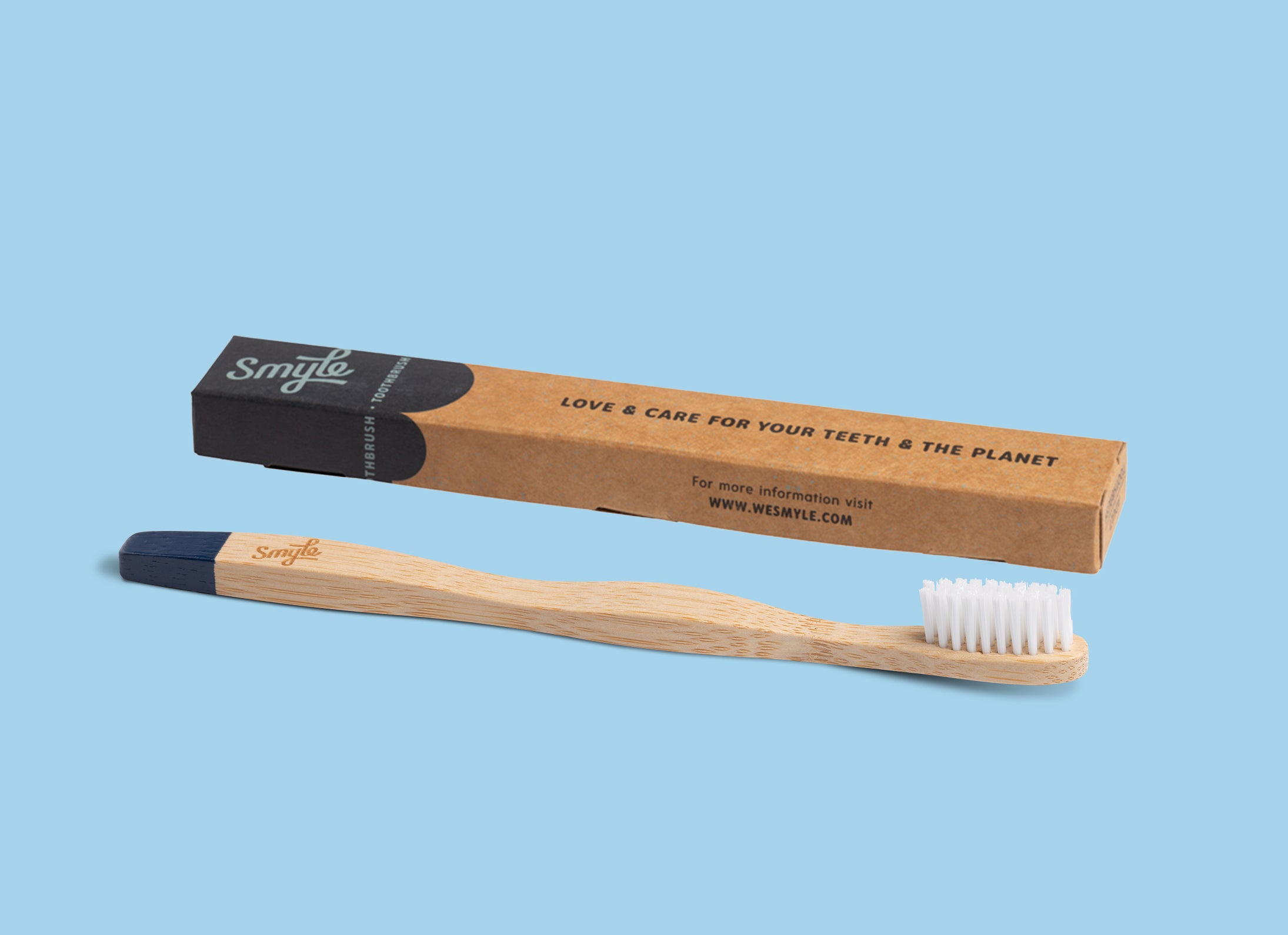
The smell you breathe out can have a big impact on your daily life and affect your self-confidence. Bad breath, also known as halitosis, is a common issue that many of us have experienced at some point. Whether it’s a temporary problem after eating certain foods or a persistent concern, it’s important to understand what the causes are and, of course, what you can do about it.
What Causes Bad Breath?
Bad breath, also known as halitosis, can have various causes ranging from oral-related factors to underlying health issues.
Oral Hygiene
First and foremost, oral hygiene plays a crucial role in the development of bad breath. Inadequate brushing and flossing of the teeth can lead to the buildup of bacteria in the mouth, resulting in an unpleasant odor.
Diet
Additionally, diet can also have a significant impact on breath odor. Consuming certain foods, such as garlic, onions, and spicy foods, can result in temporary bad breath.
Dental Issues
Dental problems, such as tooth decay and gum disease, also contribute to halitosis. Bacteria that accumulate in the mouth and between the teeth can cause an unpleasant smell.
Certain Medications
Additionally, certain medications can have side effects that cause bad breath, especially when they affect saliva production.
Bad Breath: What to Do?
To effectively address bad breath, it’s essential to start with good oral hygiene. Regular brushing and flossing are the basic principles of a healthy mouth. Brush your teeth at least twice a day for two minutes with fluoride toothpaste. Don’t forget to clean your tongue, as bacteria can accumulate there and be a major cause of bad breath. Use a tongue scraper or gently brush your tongue with your toothbrush. Additionally, mouthwashes and gum with antibacterial properties can help reduce bacteria in the mouth and promote fresher breath.
In addition to oral hygiene, it’s also important to pay attention to your diet. Certain foods, such as garlic and onions, can leave a strong odor in the mouth. Try to avoid these foods or combine them with others that can help neutralize the smell, such as parsley or mint. Additionally, foods with a high water content, like cucumber and celery, can help stimulate saliva production, which helps wash away bacteria and reduce bad breath.
If dental issues are the cause of your bad breath, it’s advisable to consult a dentist. Tooth decay, gum disease, and dry mouth can all contribute to unpleasant breath odor. The dentist can identify the underlying cause of the problems and suggest an appropriate treatment, such as filling cavities, professional dental cleaning, or prescribing medication.
In some cases, bad breath can be caused by medications you're taking or underlying health conditions. If you suspect this is the case, it’s important to discuss it with your doctor. The doctor can evaluate your medication and suggest alternatives if needed. Additionally, treating any health issues, such as sinus infections, gastrointestinal conditions, or diabetes, can help reduce bad breath.
Finally, don't forget that regular dental check-ups are crucial for detecting and treating problems early. A dentist can identify dental issues before they cause bad breath and can provide advice on the right oral care techniques and products.
Tackling Bad Breath: The Best Routine
To tackle bad breath, you should start with good oral hygiene. This is achieved by following the right oral care routine. Here’s what that looks like:
Step 1:
- Brushing Your Teeth
The first step in your perfect oral care routine is quite obvious, and hopefully, you do this every day. Choose a toothbrush that suits you and one you’re comfortable with. Dentists recommend brushing with a fluoride-containing toothpaste, such as our Smyle toothpaste tablets. This way, you brush in a vegan, cruelty-free manner, without plastic or microplastics. If you prefer brushing without fluoride, that’s also fine—we have fluoride-free toothpaste available as well. Once you've chosen your toothbrush and toothpaste, use them twice a day for about two minutes.
Step 2:
- Flossing with Dental Floss
Flossing after brushing your teeth is very important because a toothbrush can’t reach every part of your mouth. Plaque forms in areas that brushing alone can't fully clean. Therefore, floss at least 2 or 3 times a week after brushing.
Step 3:
- Use a Tongue Scraper
Next, use a tongue scraper. This helps remove bacteria from your tongue, which can be very helpful in fighting bad breath! Don’t have a tongue scraper? No problem. You can also do this with your toothbrush.
Step 4: Mouthwash
Now that your teeth are brushed, flossed, and scraped, it’s time for mouthwash. Rinsing with mouthwash kills any remaining bad bacteria in your mouth, even in hard-to-reach areas. Mouthwash protects your tooth enamel and leaves your breath feeling fresh!
By following these steps, you’re already well on your way to better oral hygiene!
Extra tips:
- Brush with a toothpaste containing fluoride: Fluoride strengthens tooth enamel and helps prevent tooth decay.
- Preferably use an electric toothbrush: Electric toothbrushes can be more efficient in removing plaque and provide a thorough cleaning of your teeth and gums.
- Make sure not to apply too much pressure while brushing your teeth.
- Brush with a toothbrush that has soft bristles: This is gentler on your gums.
Your Best Friend for Bad Breath
An effective addition to good oral hygiene is the use of mouthwash. Mouthwash can be a valuable tool in fighting bad breath. However, keep in mind that mouthwash is not a substitute for brushing and flossing, but rather a complement to them.
Mouthwash offers several benefits:
Killing Bacteria
First, it can help kill the bacteria that cause bad breath. Many mouthwashes contain antibacterial ingredients like chlorhexidine, cetylpyridinium chloride, or hydrogen peroxide, which kill bacteria and reduce plaque buildup. By using mouthwash regularly, you can reduce the amount of bacteria in your mouth and maintain fresher breath.
Removing Food Particles
Additionally, mouthwash can help remove food particles and other debris stuck between your teeth that are hard to reach with a toothbrush or dental floss. Rinsing with mouthwash can loosen and wash away these remnants, leaving your mouth cleaner and reducing the chance of bad breath.
When choosing a mouthwash, it’s important to pay attention to the ingredients it contains. Look for a mouthwash that is alcohol-free, as alcohol can dry out the mouth and actually cause bad breath. Opt for a mouthwash with natural ingredients like tea tree oil, eucalyptus oil, or peppermint oil, which have a refreshing effect and leave a pleasant scent. It’s also crucial to use mouthwash correctly. Follow the instructions on the packaging and rinse your mouth for the recommended amount of time. Avoid swallowing the mouthwash unless it is specifically stated to be safe to do so. Remember that mouthwash is a supplement to, and not a replacement for, a good oral hygiene routine.
How to Use Mouthwash?
Although it may seem simple, here are the correct steps for using mouthwash:
Step 1:
Start by brushing and flossing your teeth to remove plaque and food particles that have accumulated on and between your teeth.
Step 2:
Use the recommended amount of mouthwash, usually about 20 ml. However, it’s always best to follow the instructions on the packaging.
Step 3:
Rinse your mouth thoroughly, ensuring that the mouthwash reaches all areas of your mouth. Take about 30 seconds to a minute for this step.
Step 4:
Spit out the mouthwash, as it is not meant to be swallowed.
Step 5:
Avoid eating, drinking, or brushing your teeth for at least 30 minutes after rinsing. This gives the active ingredients in the mouthwash time to work effectively.
Tip: There are various types of mouthwashes available on the market, each with its own specific benefits. These include: anticaries, antiplaque, antiseptic, gum-protecting, and whitening mouthwashes. Want to learn more about mouthwash or its different types? Click here to learn everything about it!
When Should I Consult a Professional?
It’s important to consult a dentist or general practitioner if you’re experiencing persistent bad breath. While good oral hygiene and a healthy lifestyle can usually resolve most cases of bad breath, there may be underlying health issues that require specific treatment. A professional can perform a thorough examination to determine the cause of your bad breath and propose an appropriate treatment plan. They can also assess whether there are dental issues, such as tooth decay, gum disease, or dry mouth, contributing to the bad breath. Finding the right professional starts with consulting a dentist or general practitioner who specializes in oral health. These professionals have the expertise and experience to make a diagnosis and prescribe effective treatments. You can ask friends, family, or colleagues for recommendations. Additionally, you can search online for reviews and experiences from others who have dealt with the same issue.
When discussing the issue, it's important to be open and honest about your symptoms and the duration of your bad breath. Describe the steps you’ve already taken to address the problem, such as improving your oral hygiene or adjusting your diet. This helps the professional get a complete picture of your situation and propose the best possible treatment. Don’t feel embarrassed or hesitant, as professionals are there to help you and often have experience with similar situations.
Tips for Morning Breath
When we wake up in the morning, many of us experience the unpleasant smell of morning breath. This is caused by a decrease in saliva production during the night, which results in a drier mouth. A dry mouth creates an ideal environment for bacteria to grow, leading to typical bad breath. Fortunately, there are some simple tips you can follow to prevent morning breath. First, it’s important to brush and floss your teeth thoroughly before bed to remove food particles and bacteria. Don't forget to gently clean your tongue, as bacteria often accumulate there. Additionally, using a mouthwash with antibacterial properties before going to sleep can help reduce bacteria in the mouth overnight. Staying hydrated by drinking enough water throughout the day can also help prevent morning breath. Water stimulates saliva production, keeping the mouth hydrated and reducing the growth of bacteria. Following these simple tips can help eliminate the unpleasant smell of morning breath.
From Bad Breath to a Fresh Smile
Bad breath can be a source of concern and discomfort, but fortunately, there are ways to address the issue and maintain fresh breath. By being aware of potential causes, such as oral hygiene, diet, dental problems, medications, and health conditions, we can take targeted action. It’s important to maintain a good oral care routine, undergo regular dental check-ups, and address any underlying health issues. By applying these practical tips and seeking professional help when needed, we can confidently enjoy fresh breath and focus on a life full of positive interactions and self-assurance. Let’s make sure our breath is no longer a source of worry but a well-cared-for aspect of our overall health. Additionally, eating healthy foods, drinking plenty of water, and avoiding smoking can all contribute to fresh breath.

